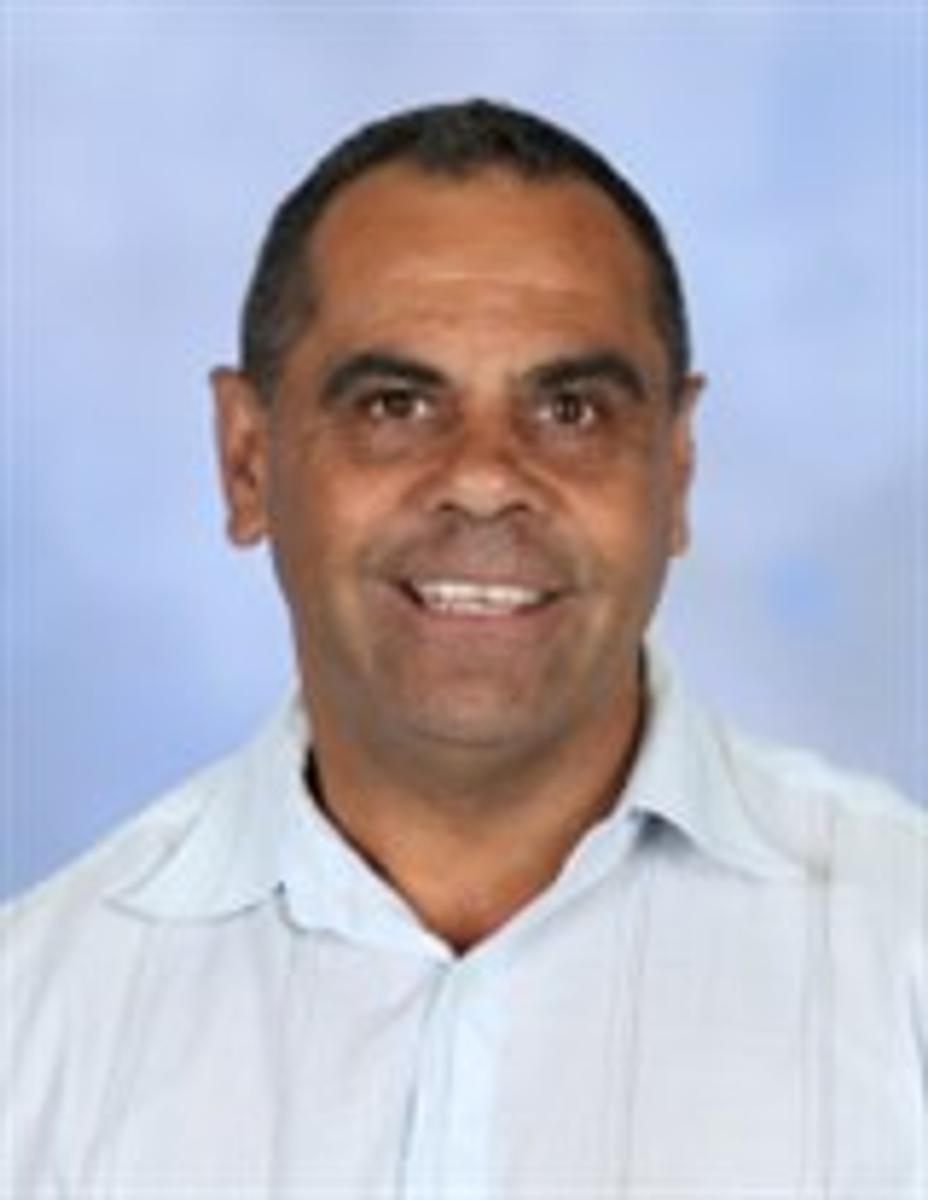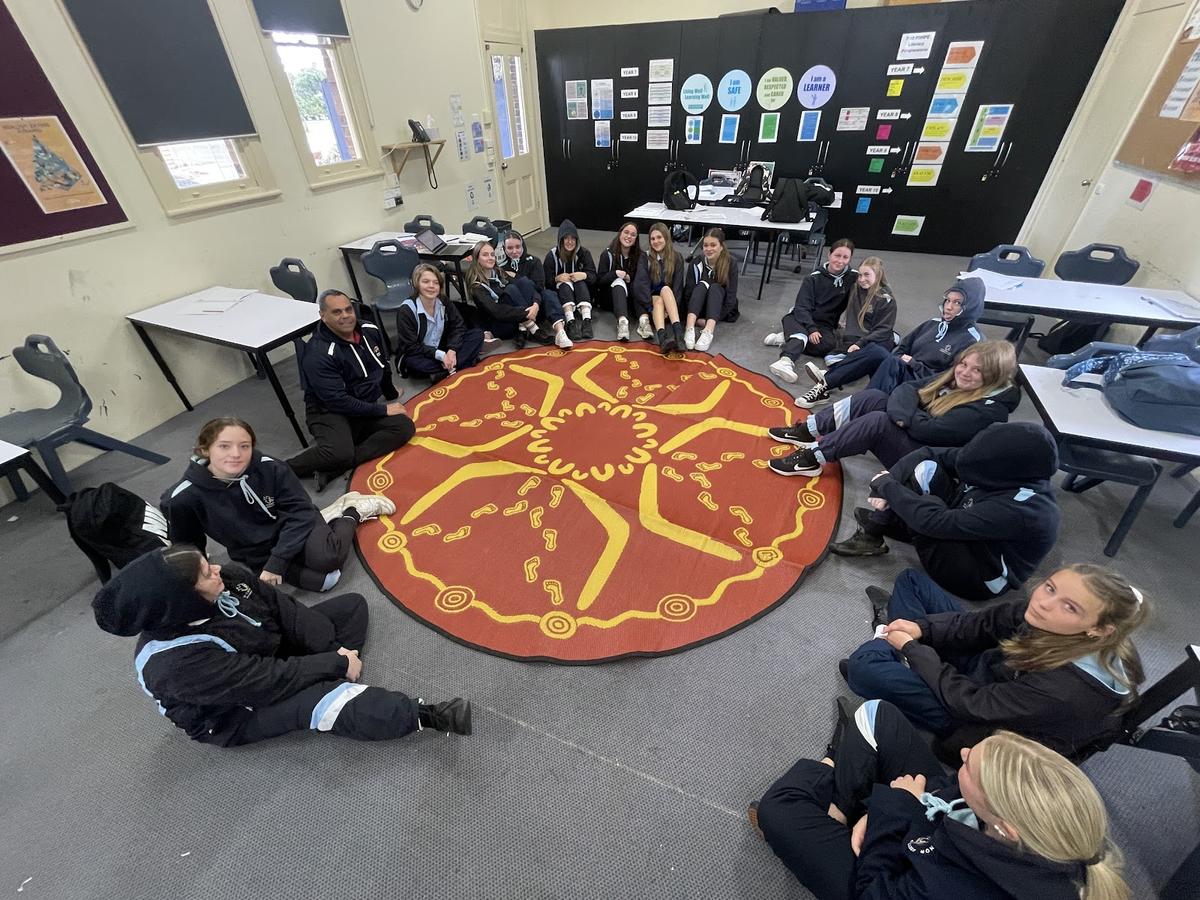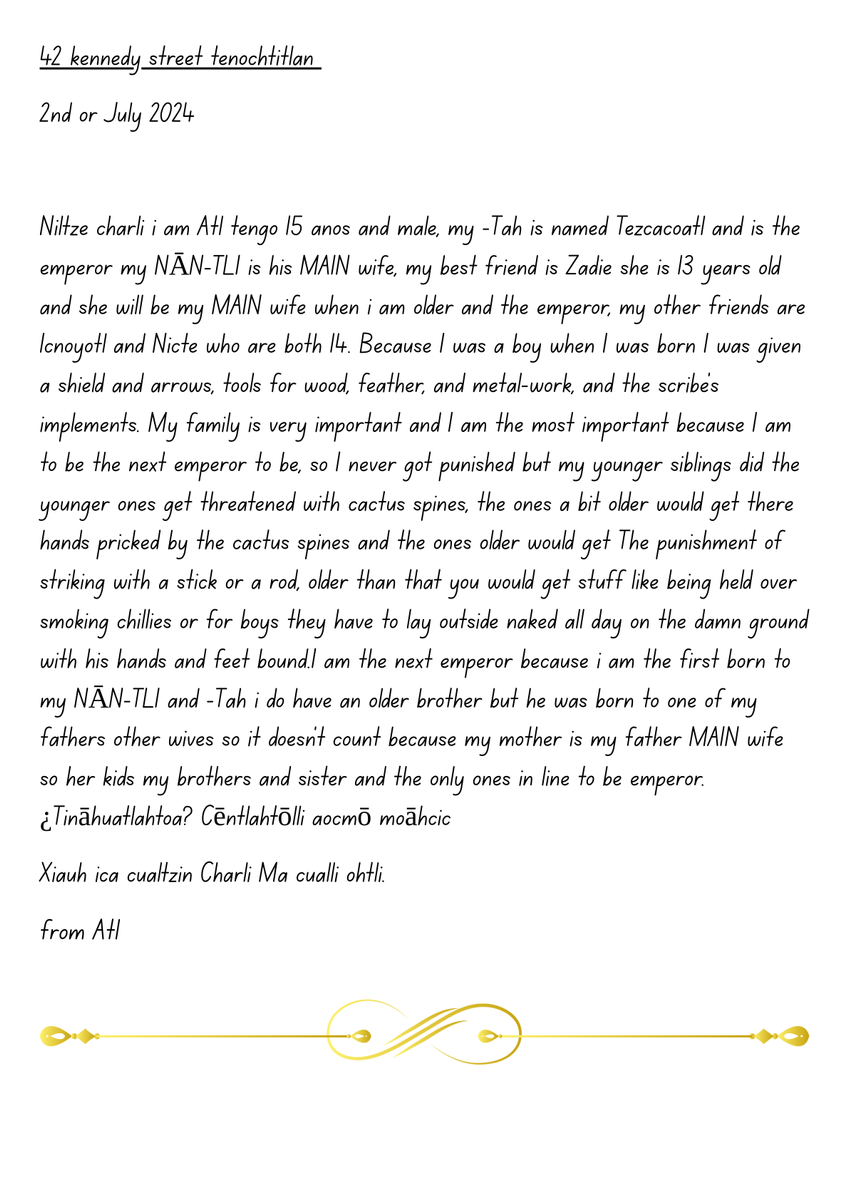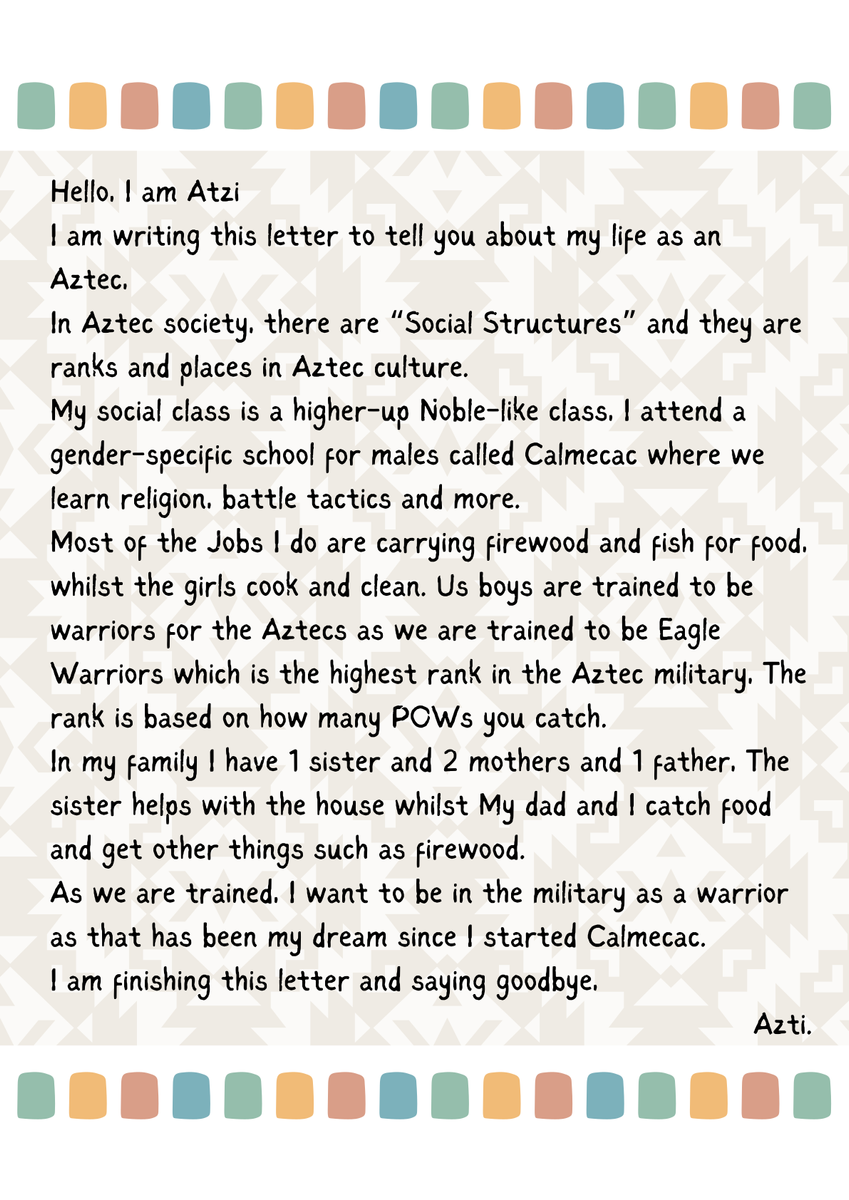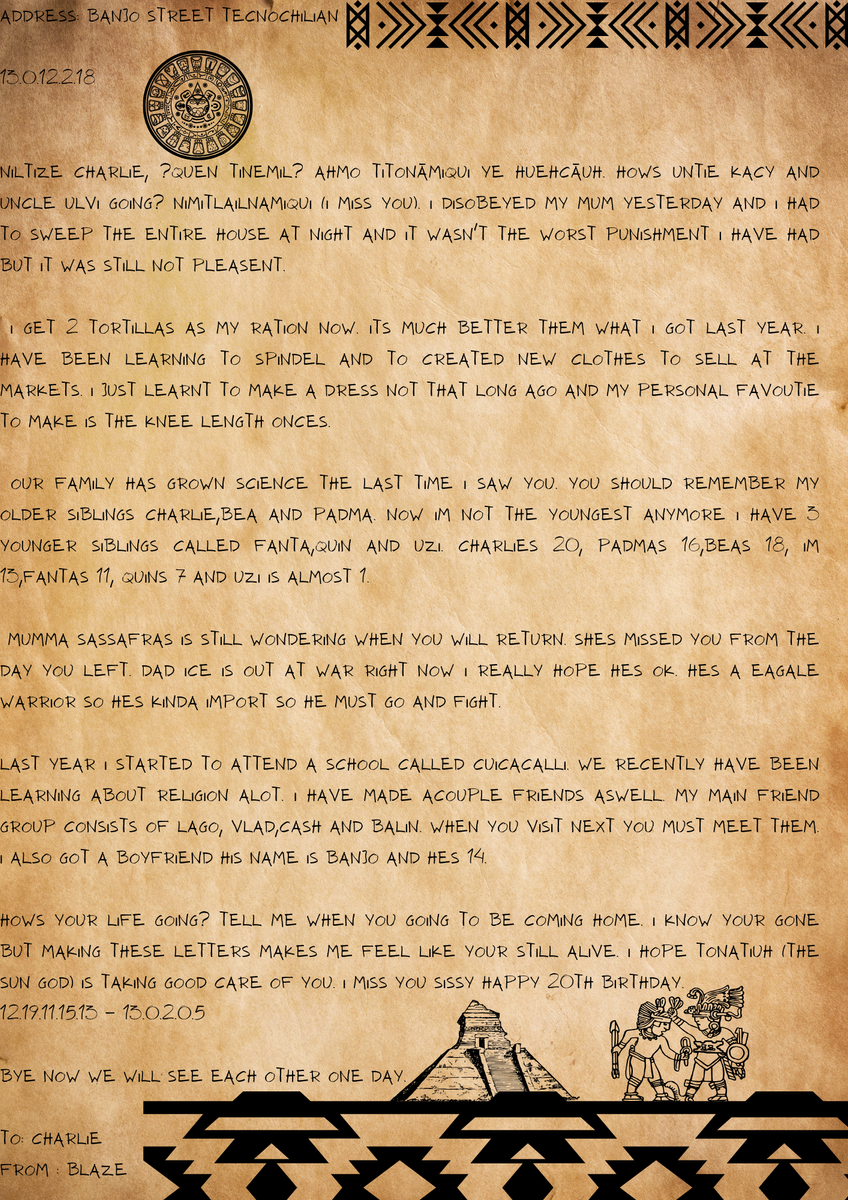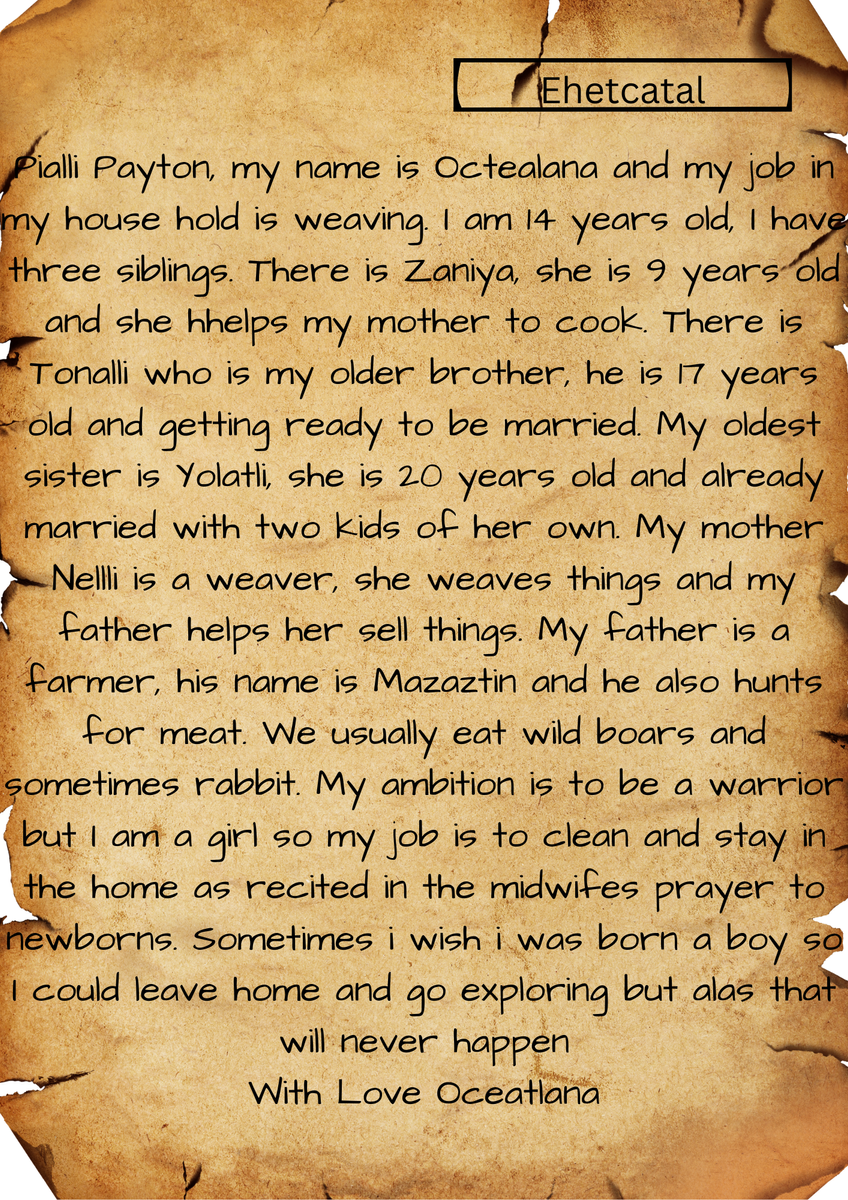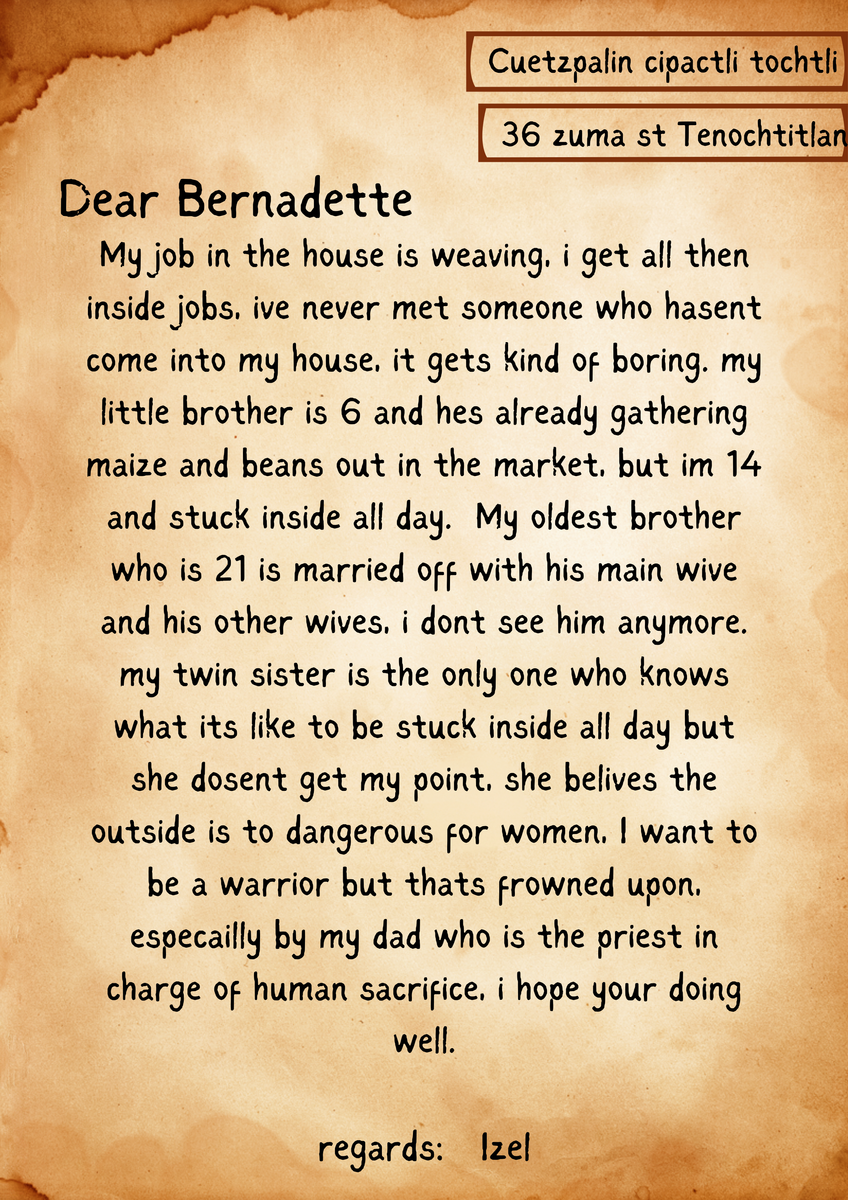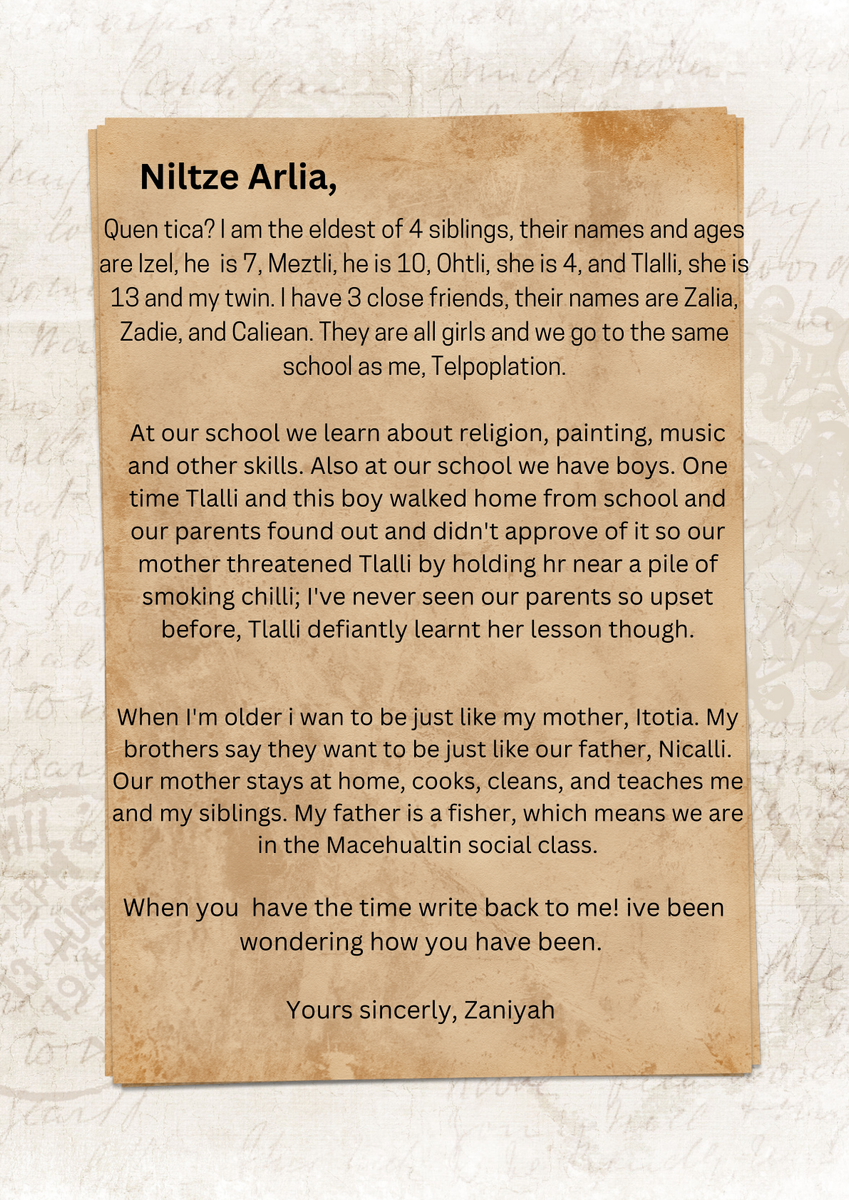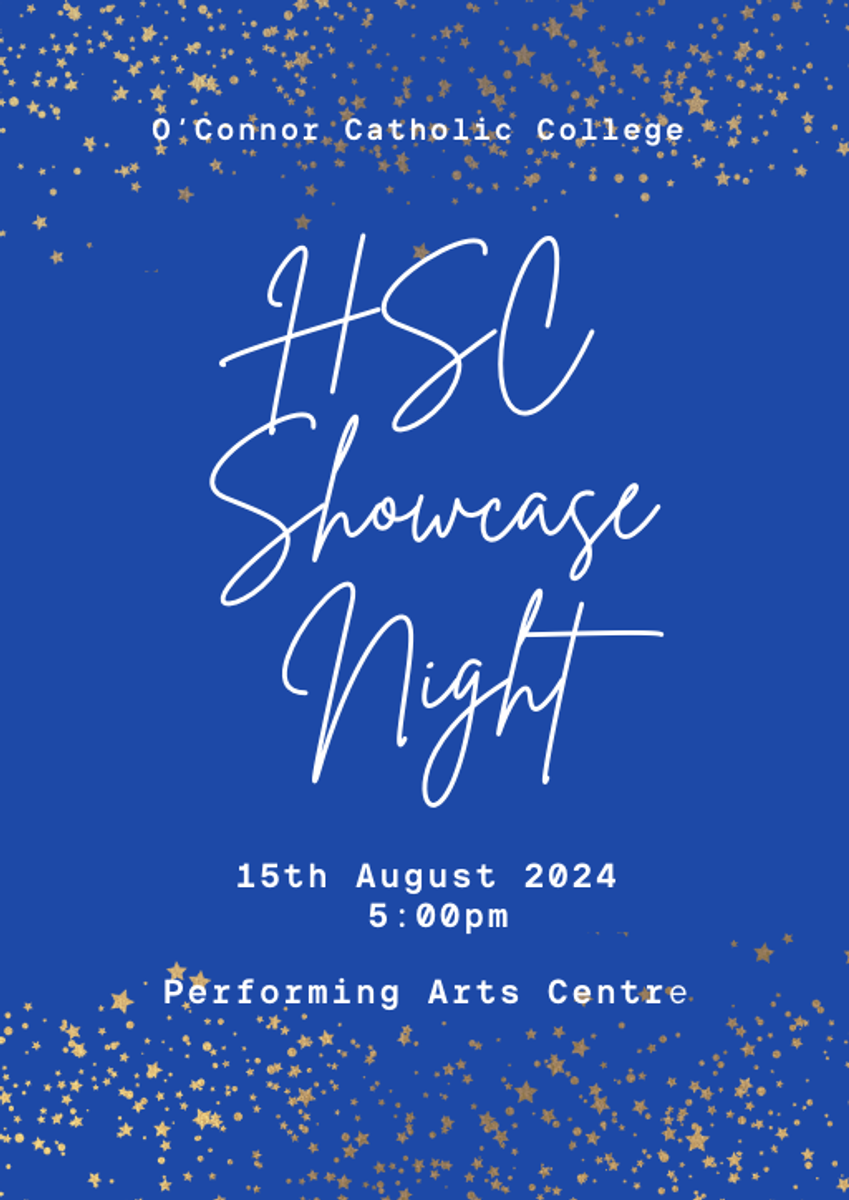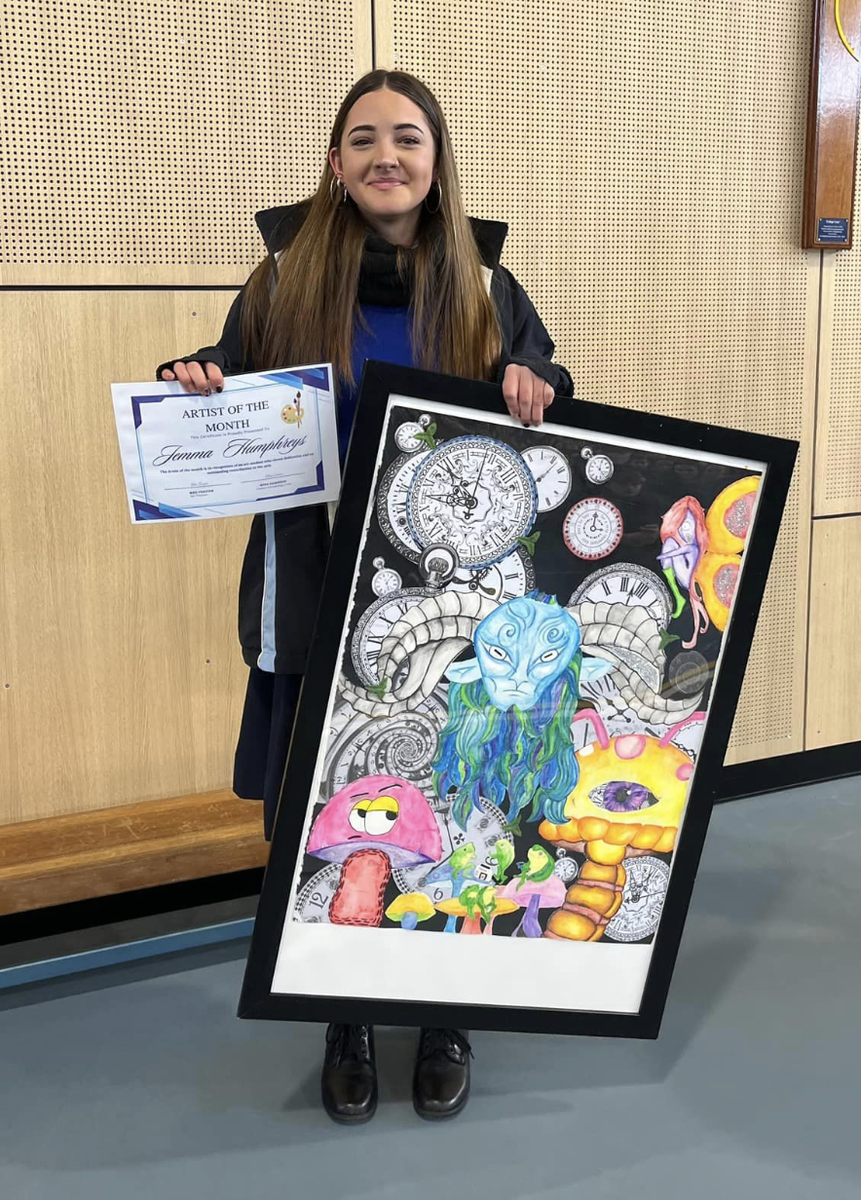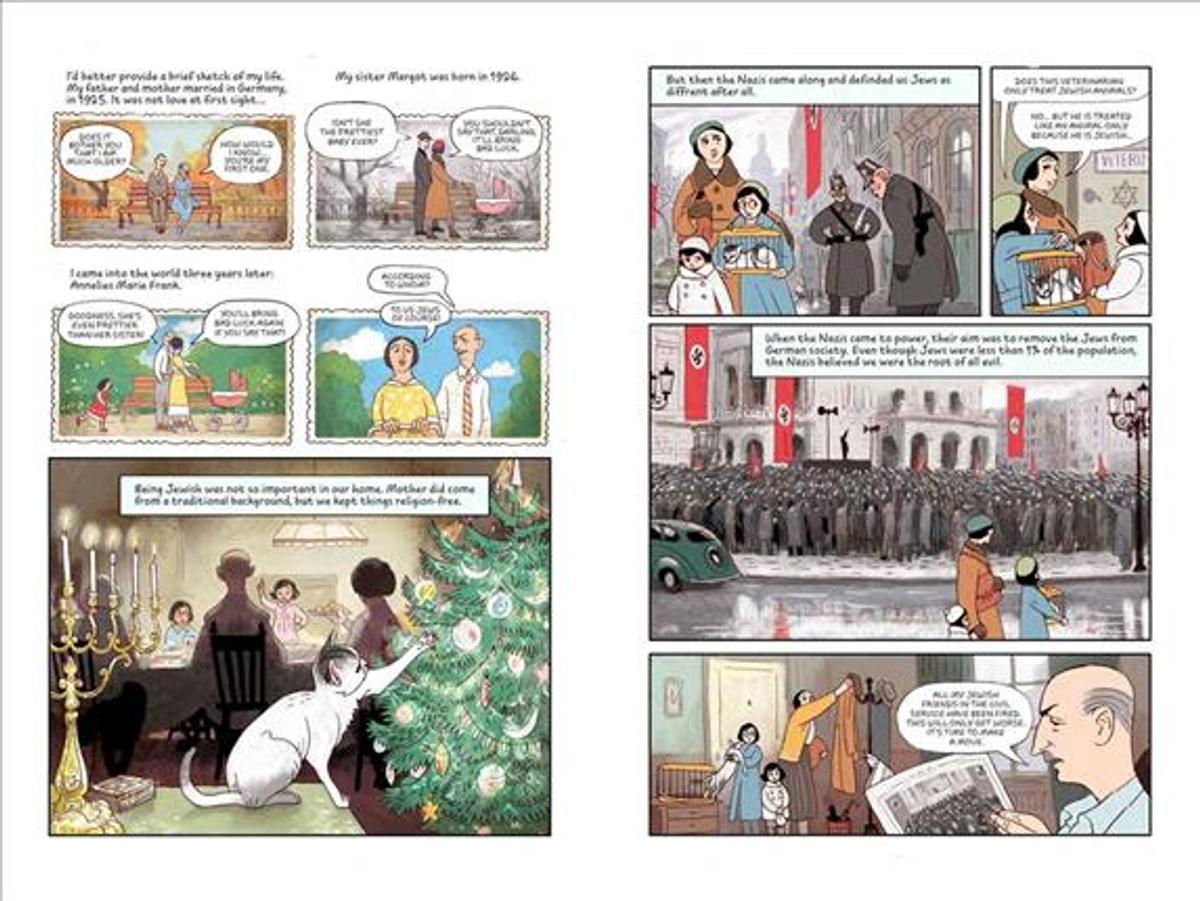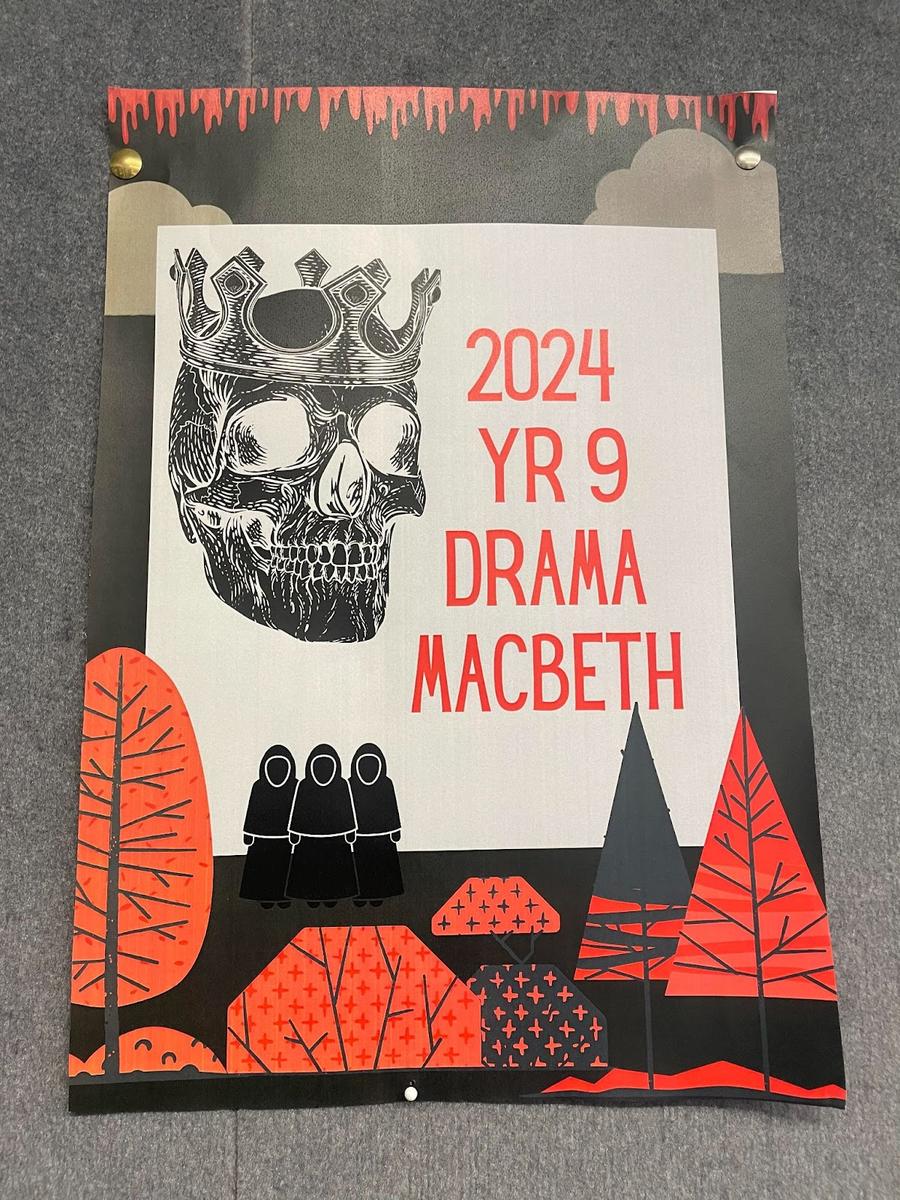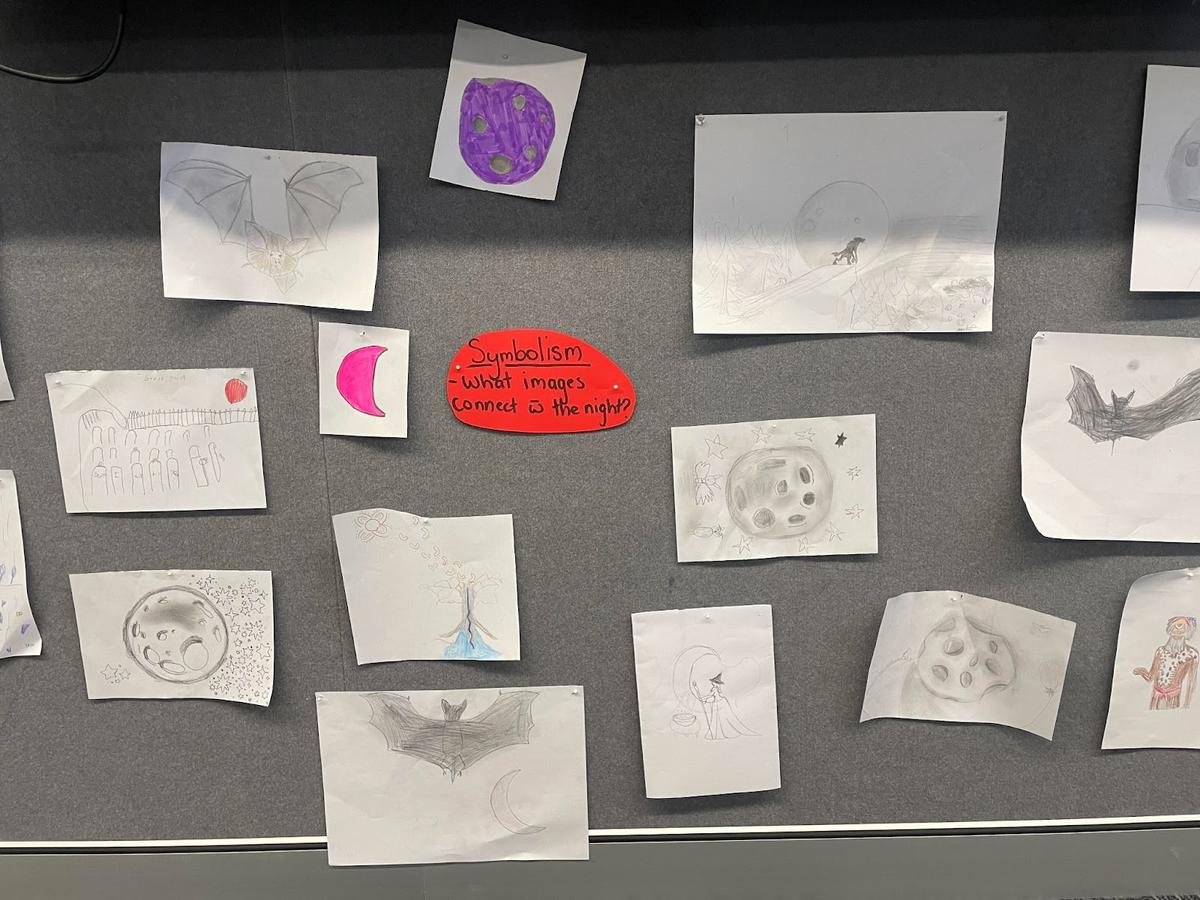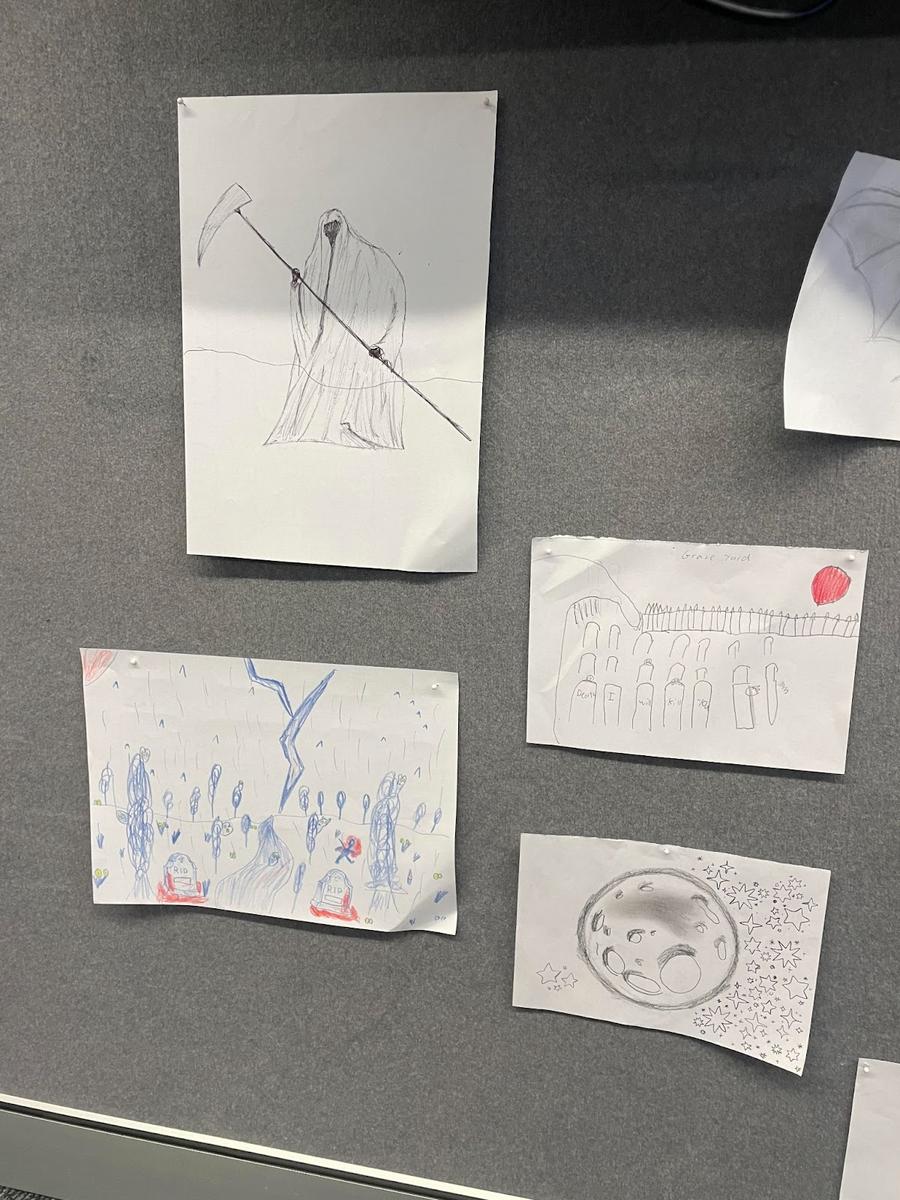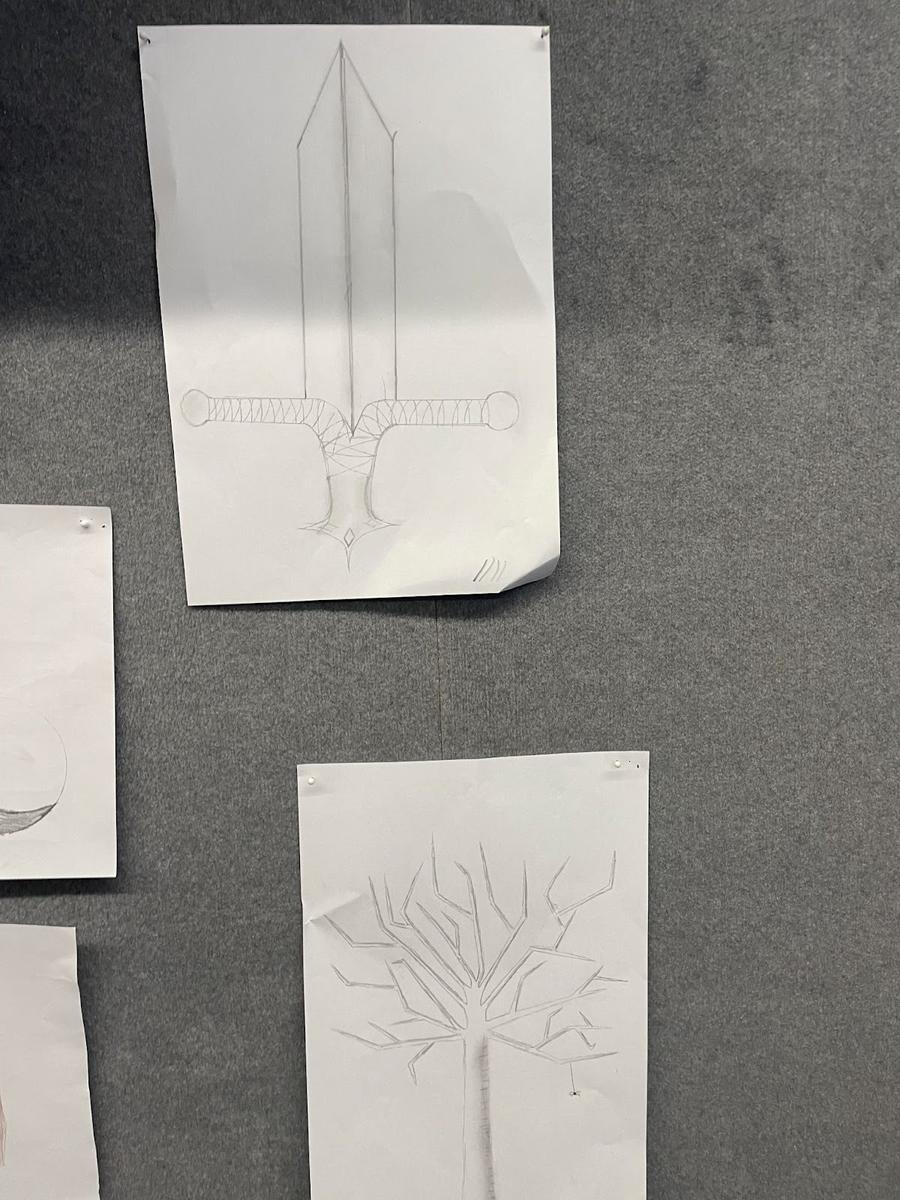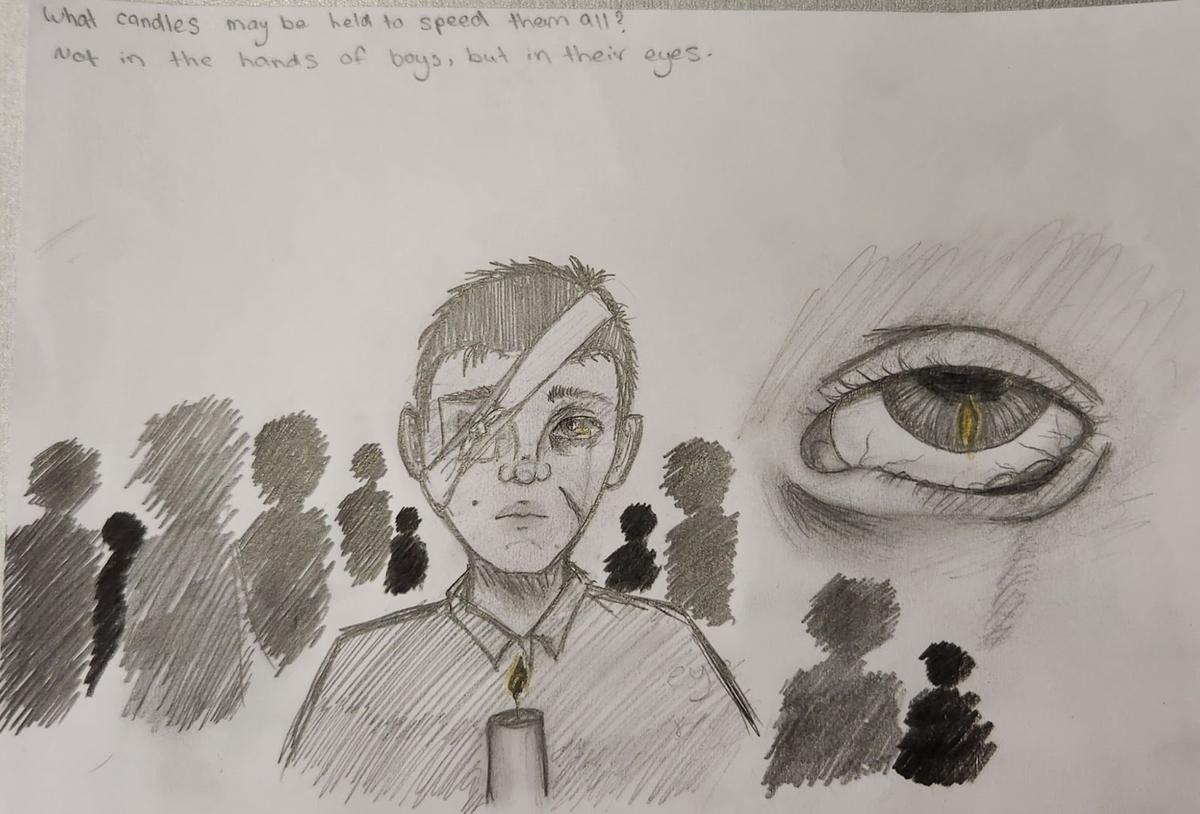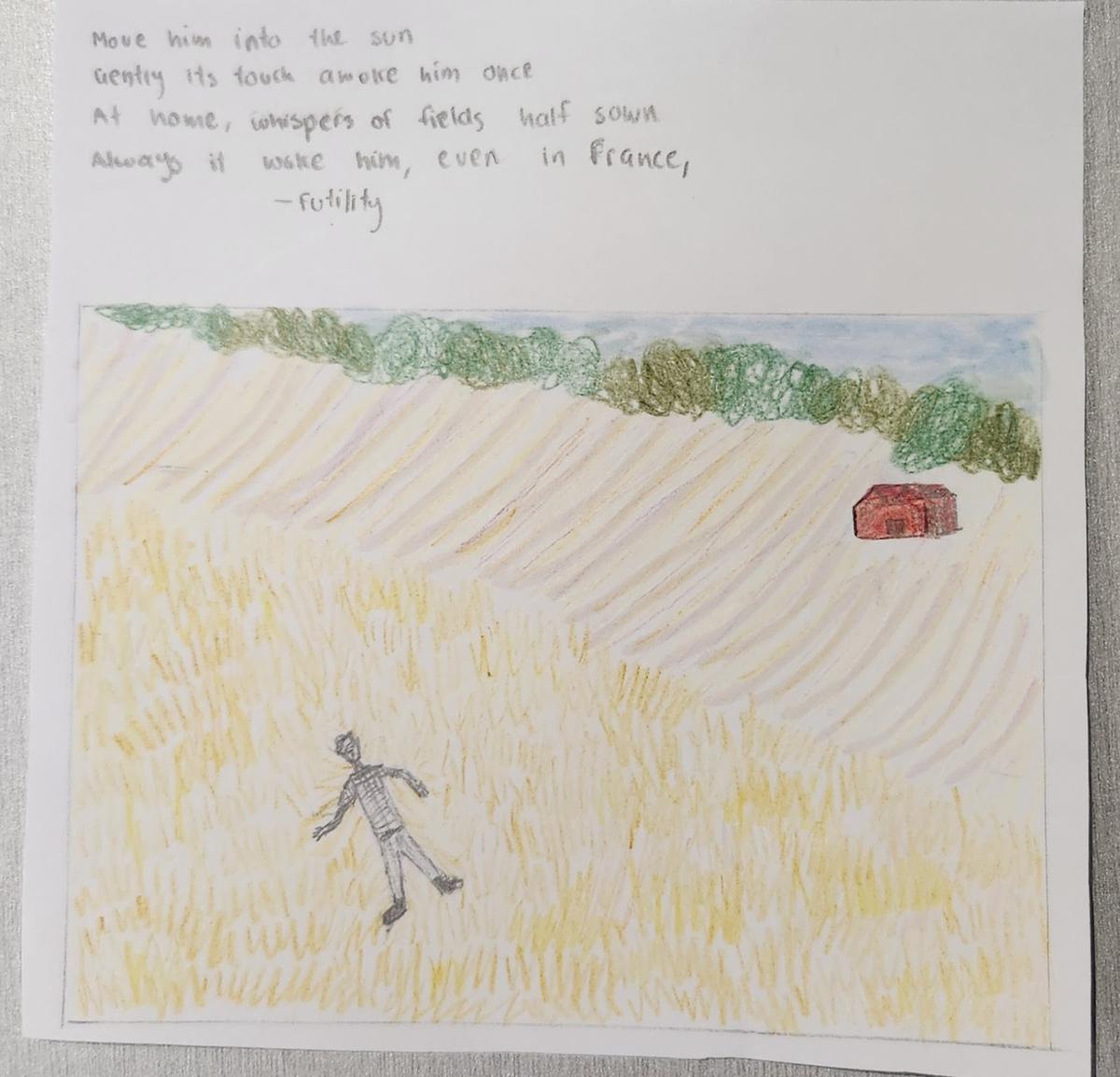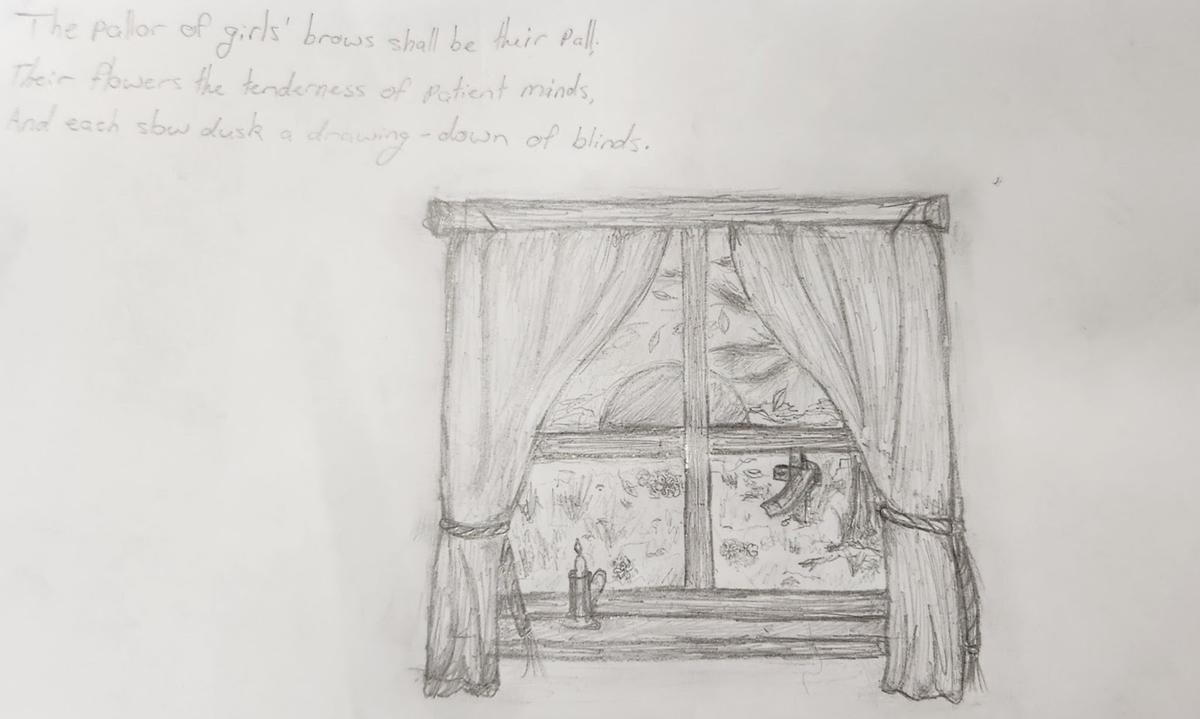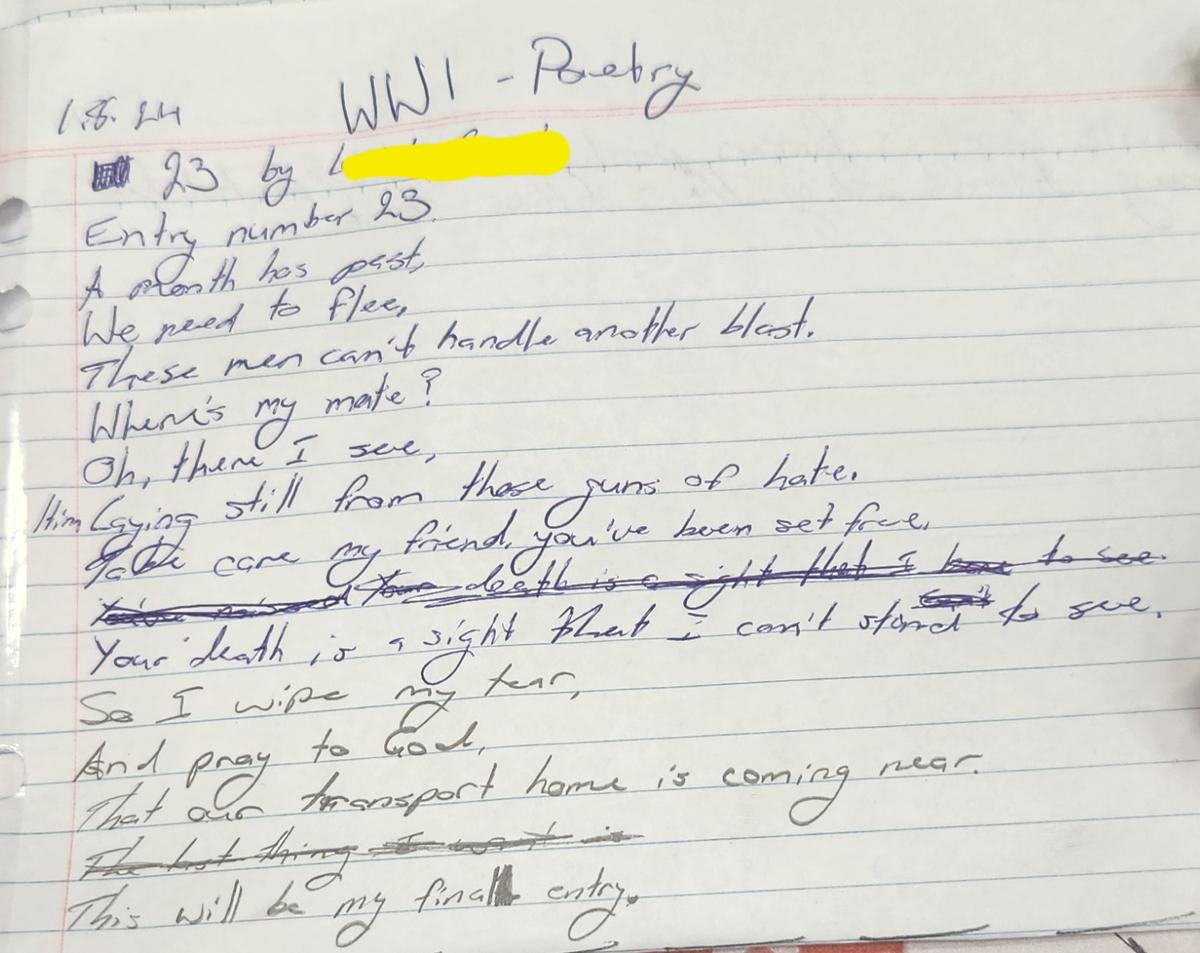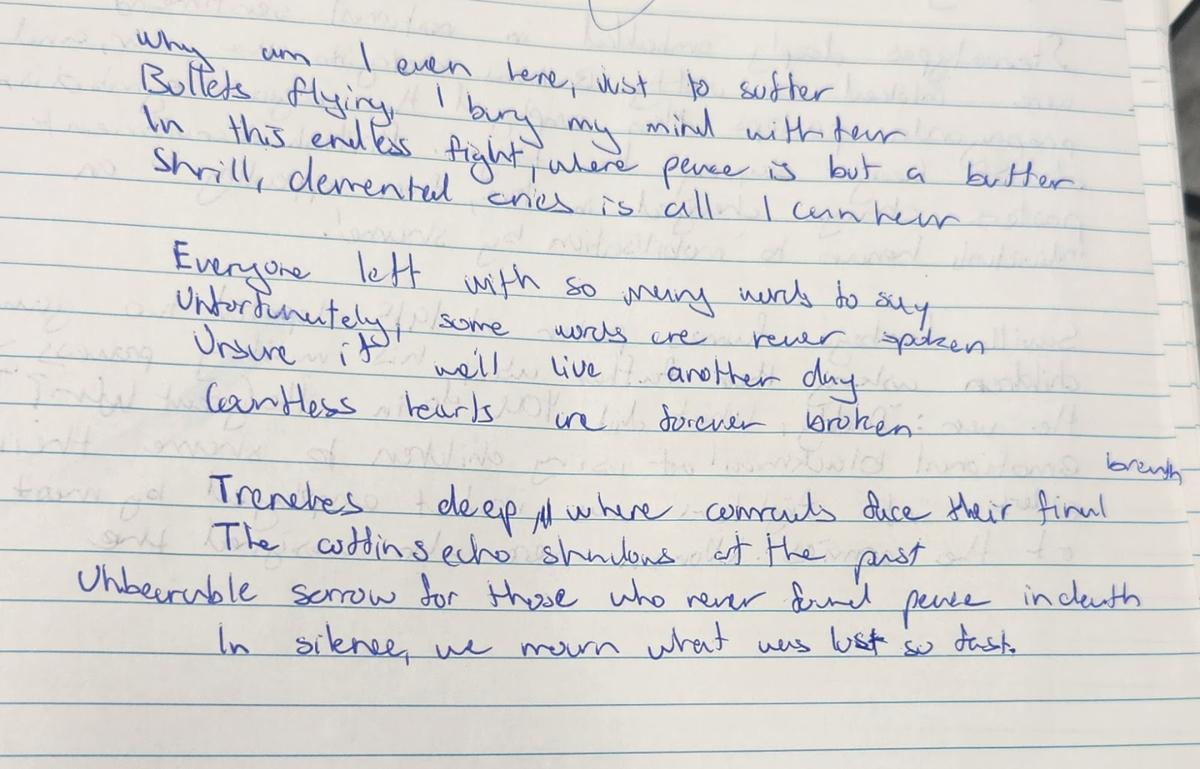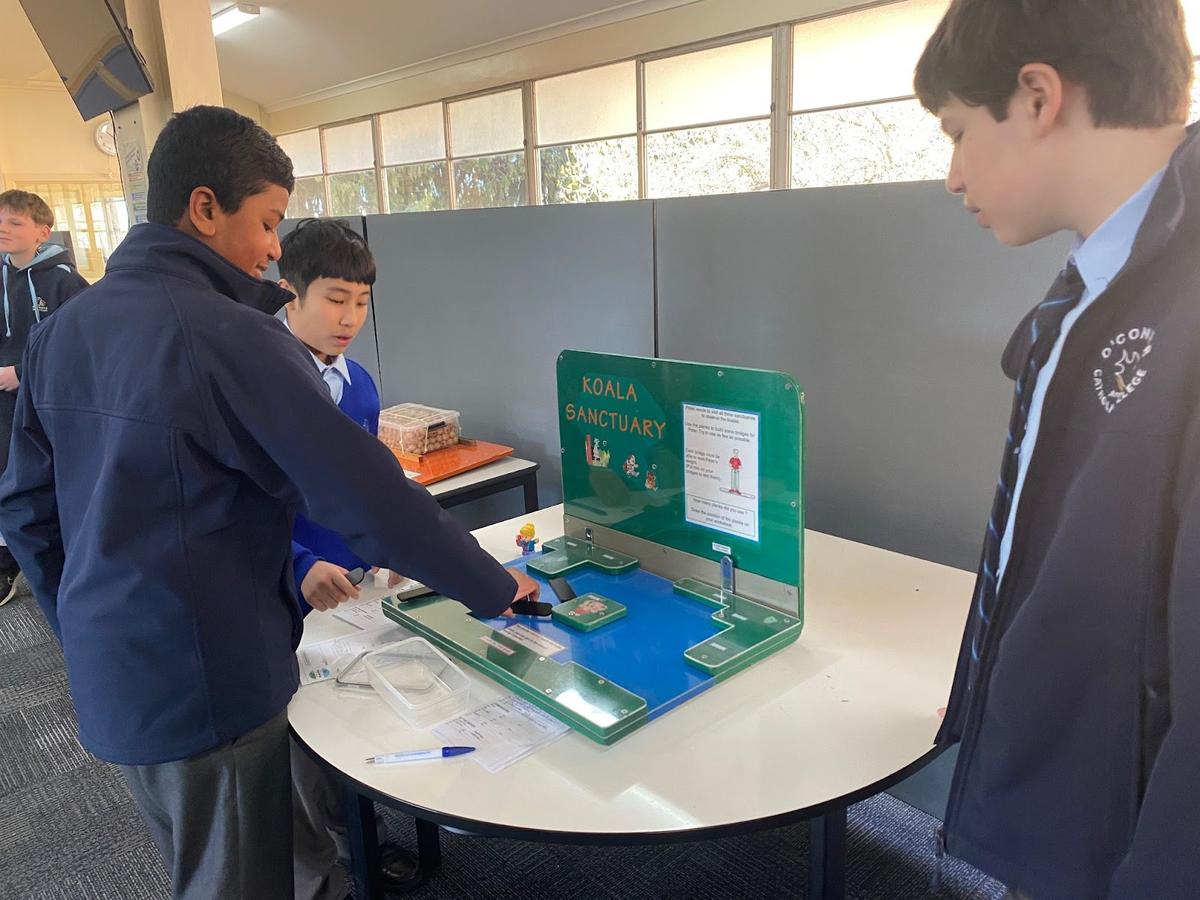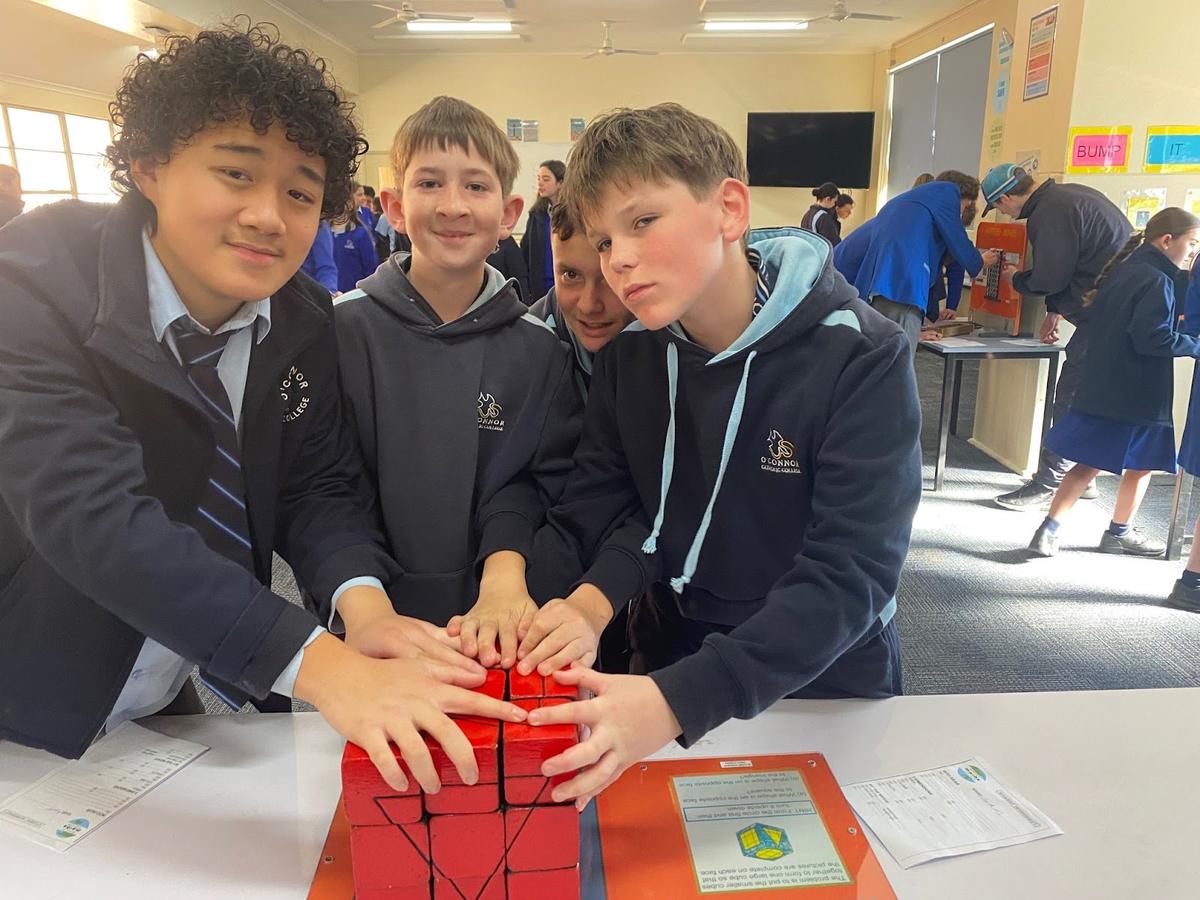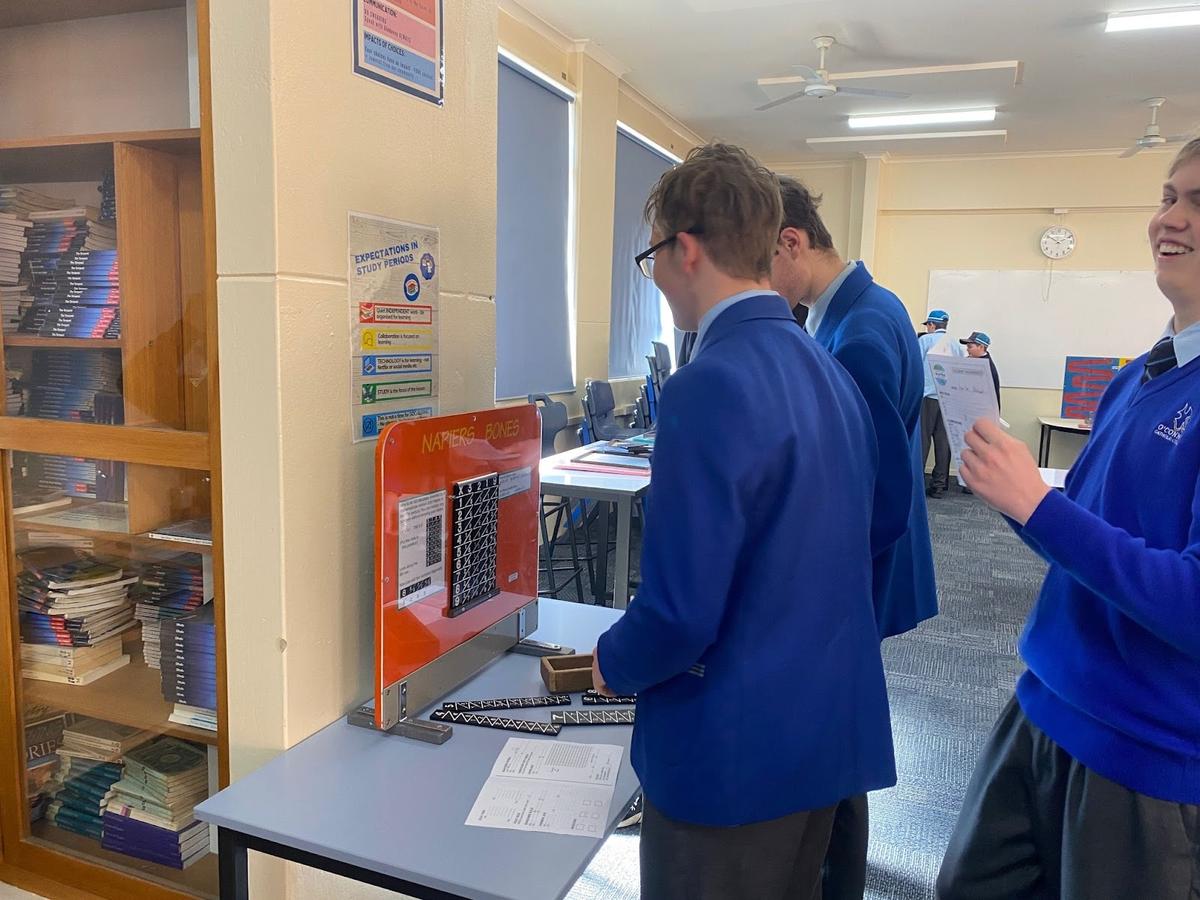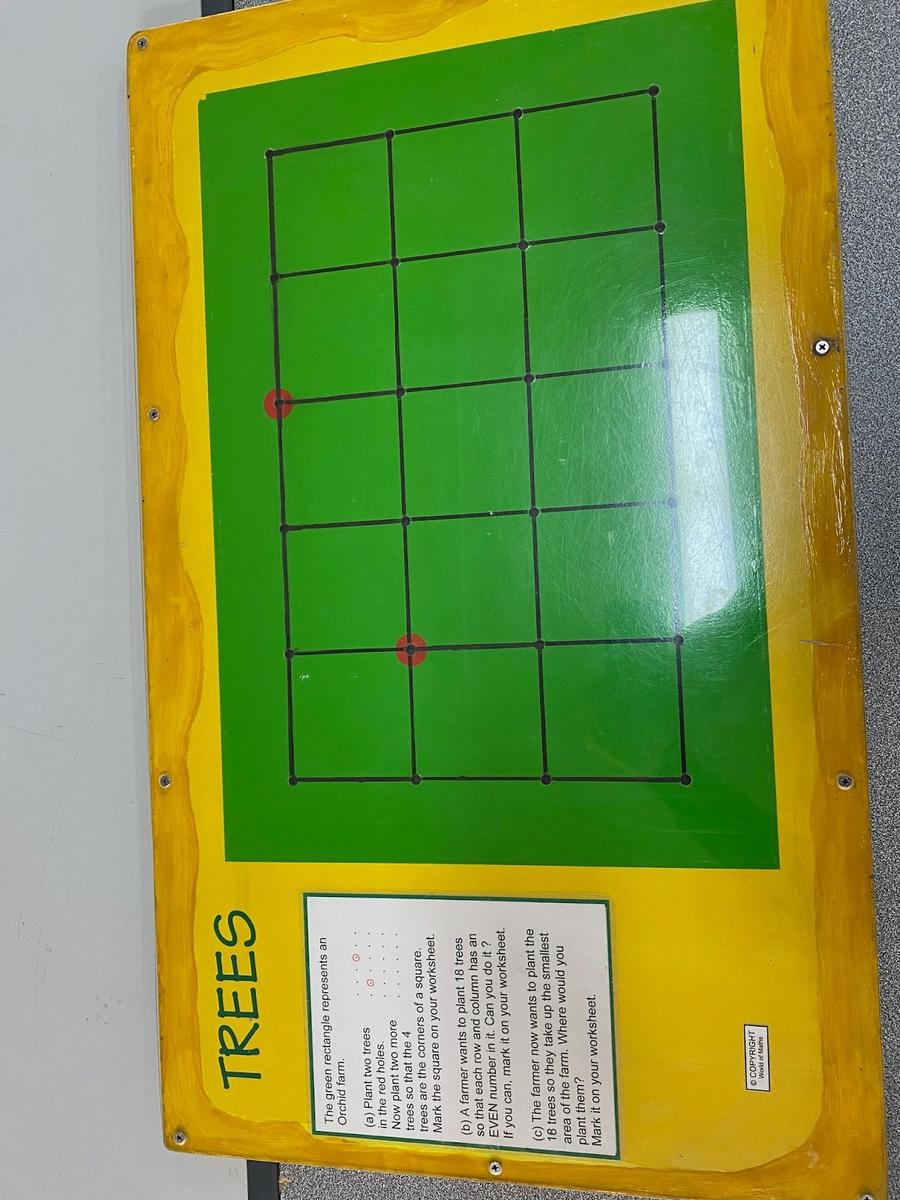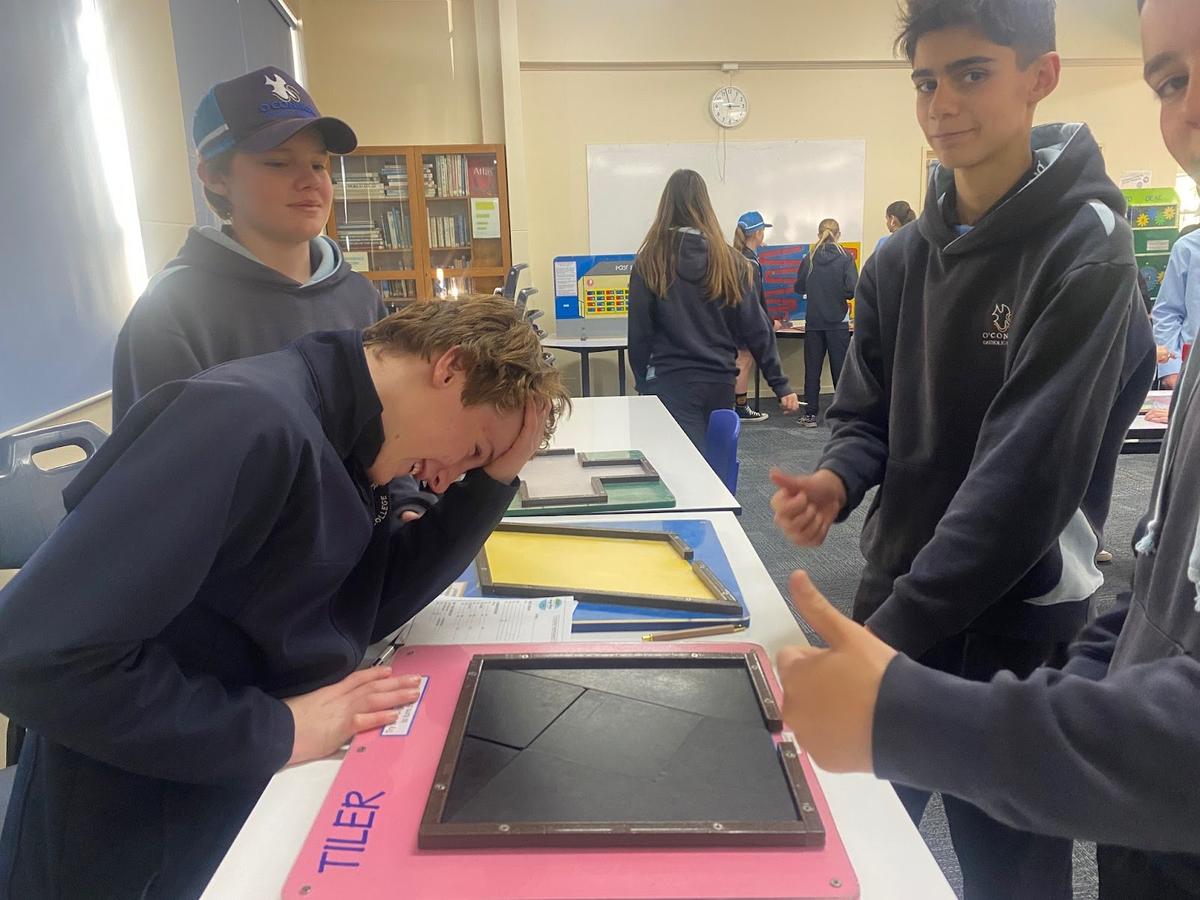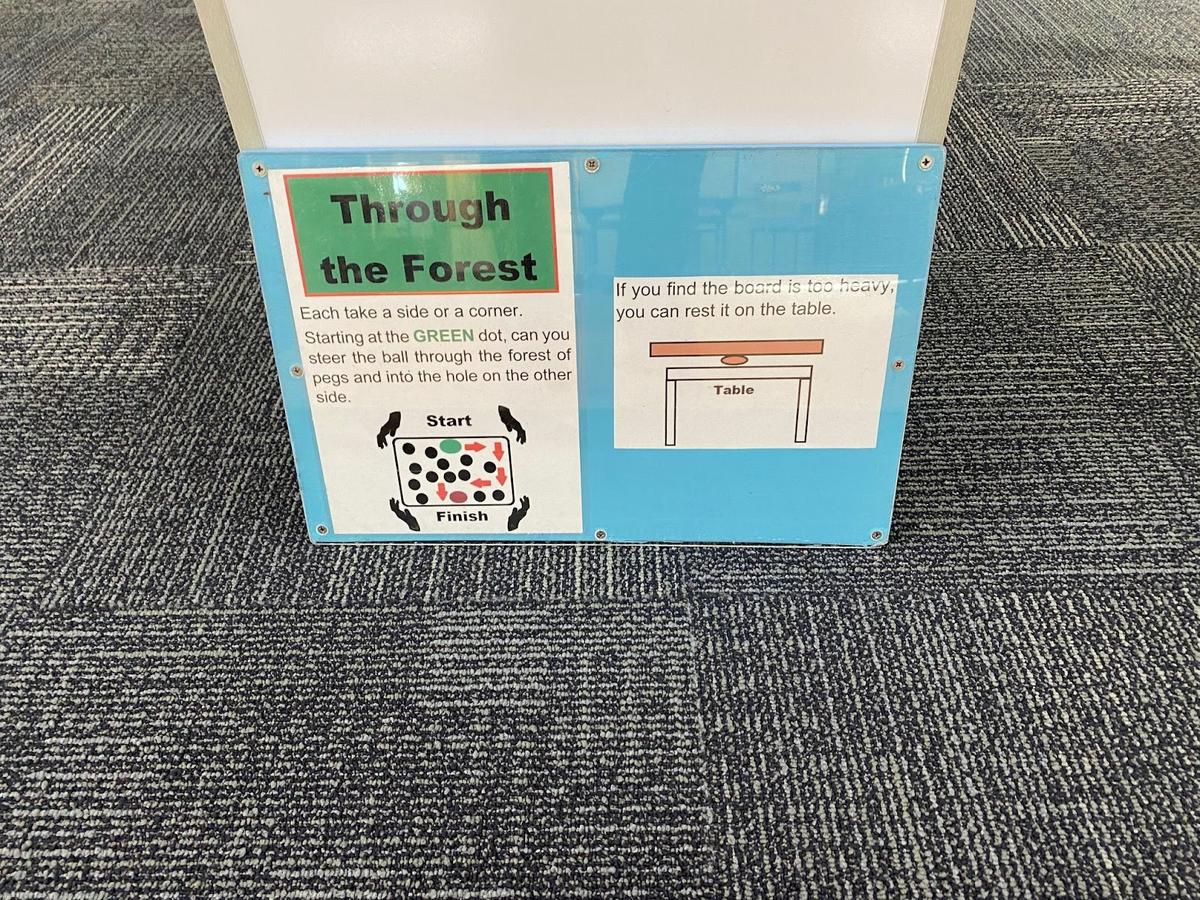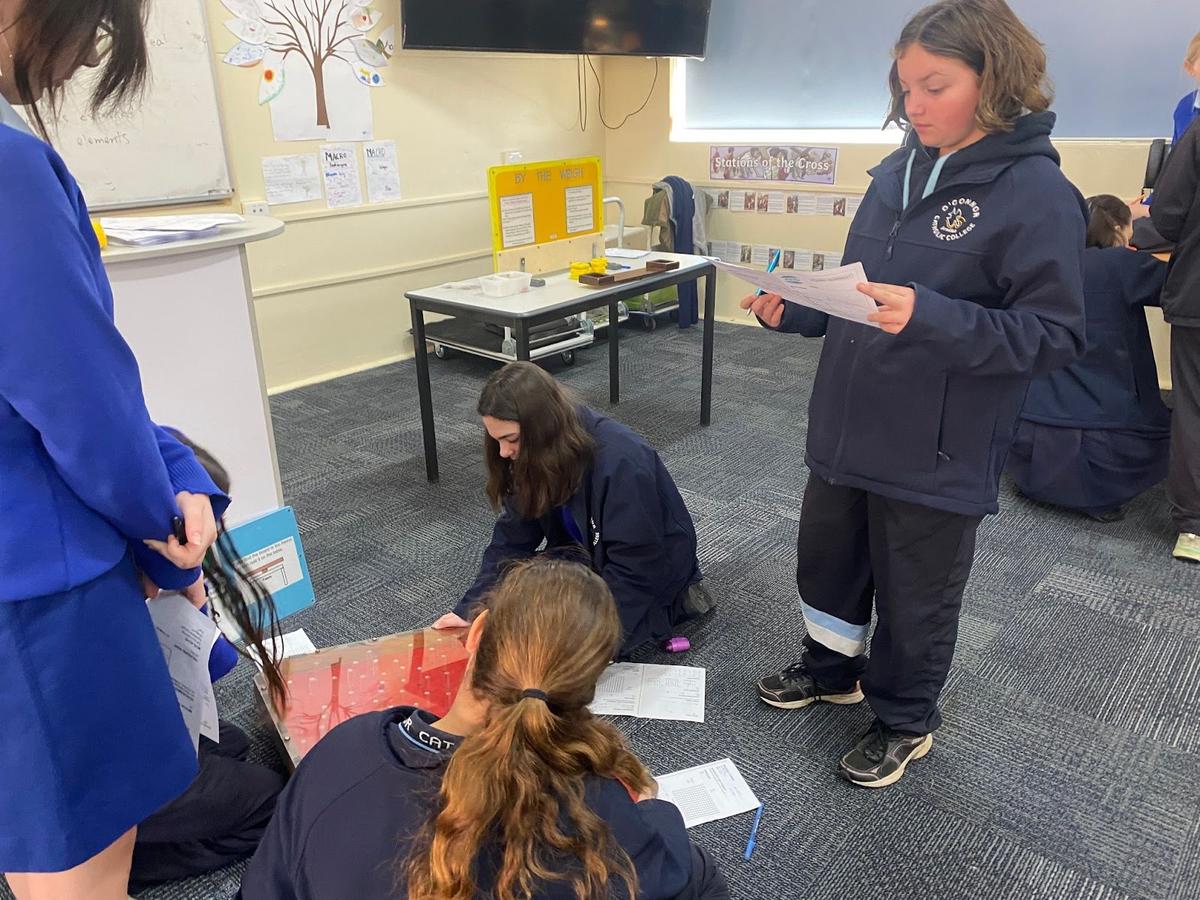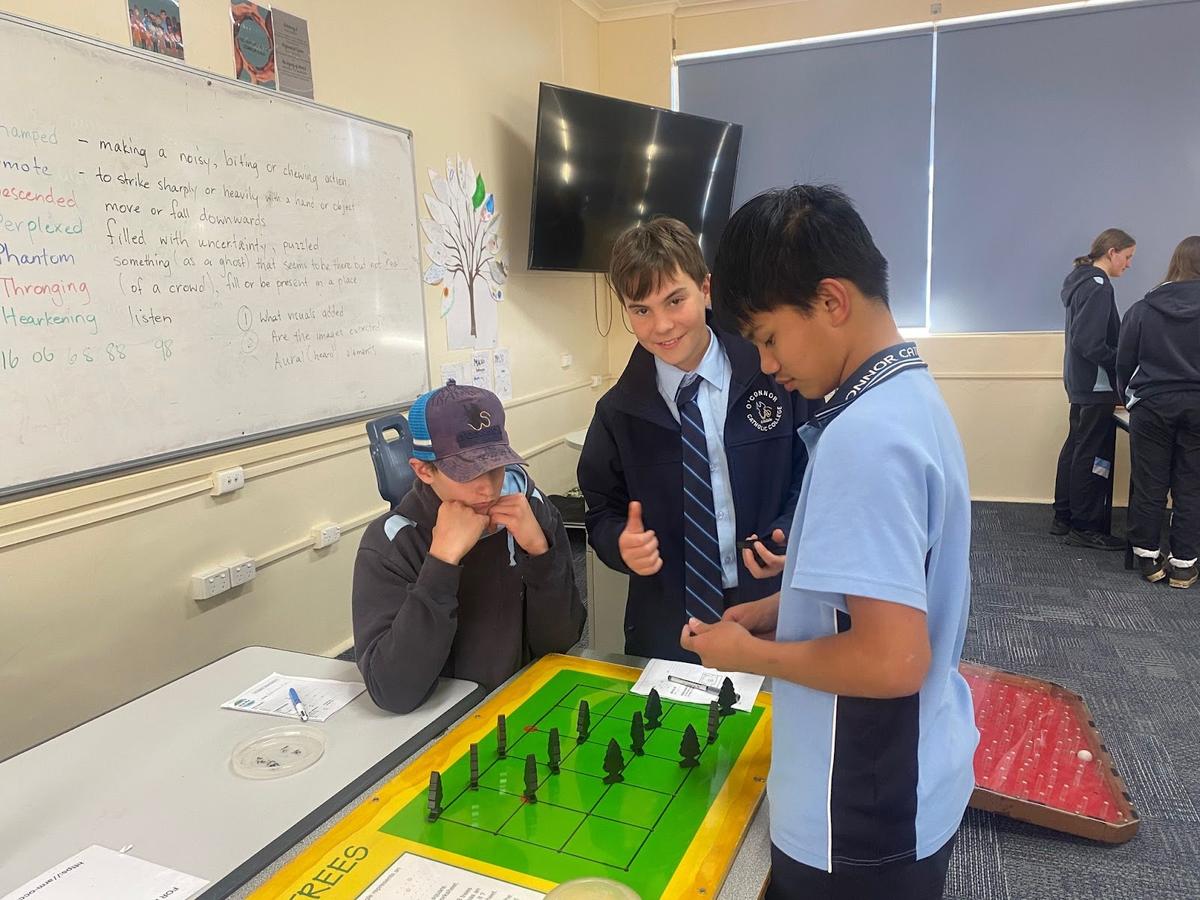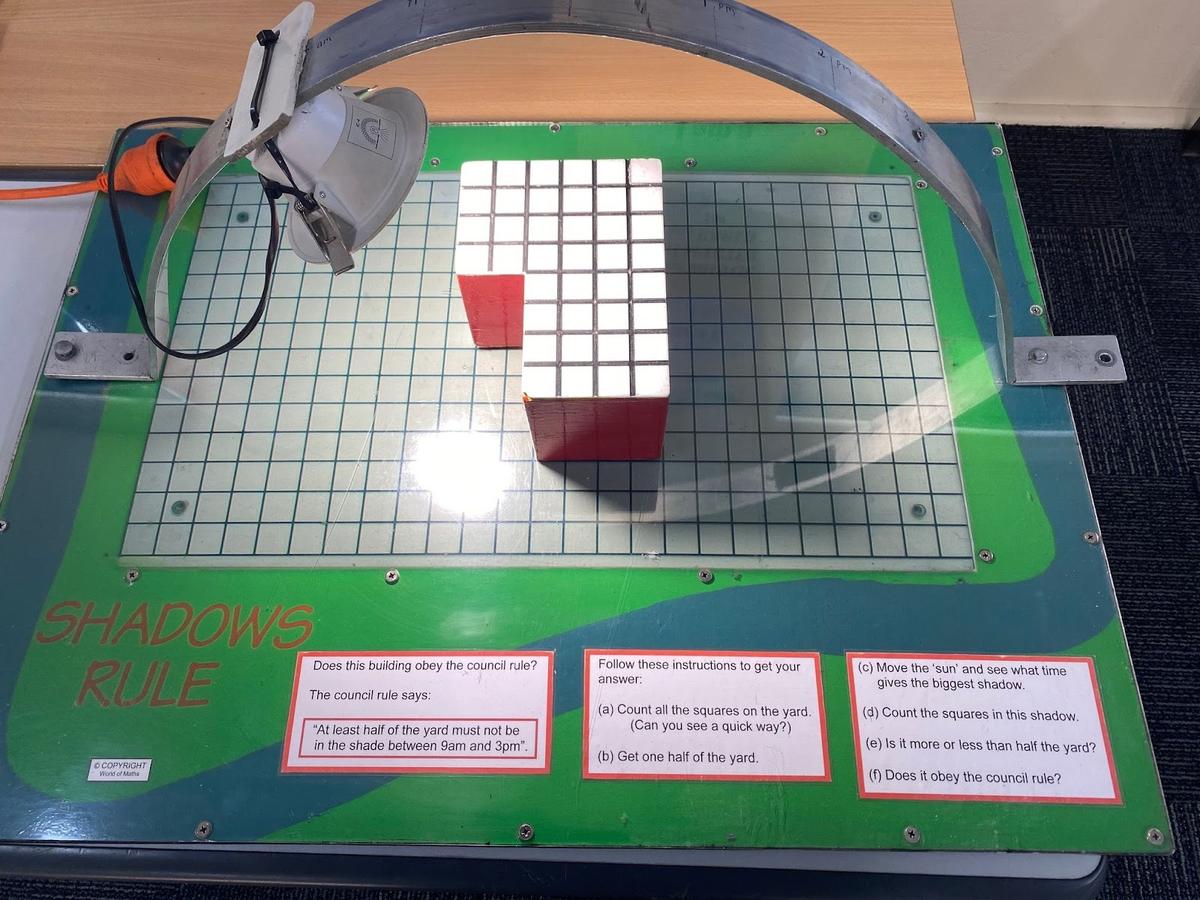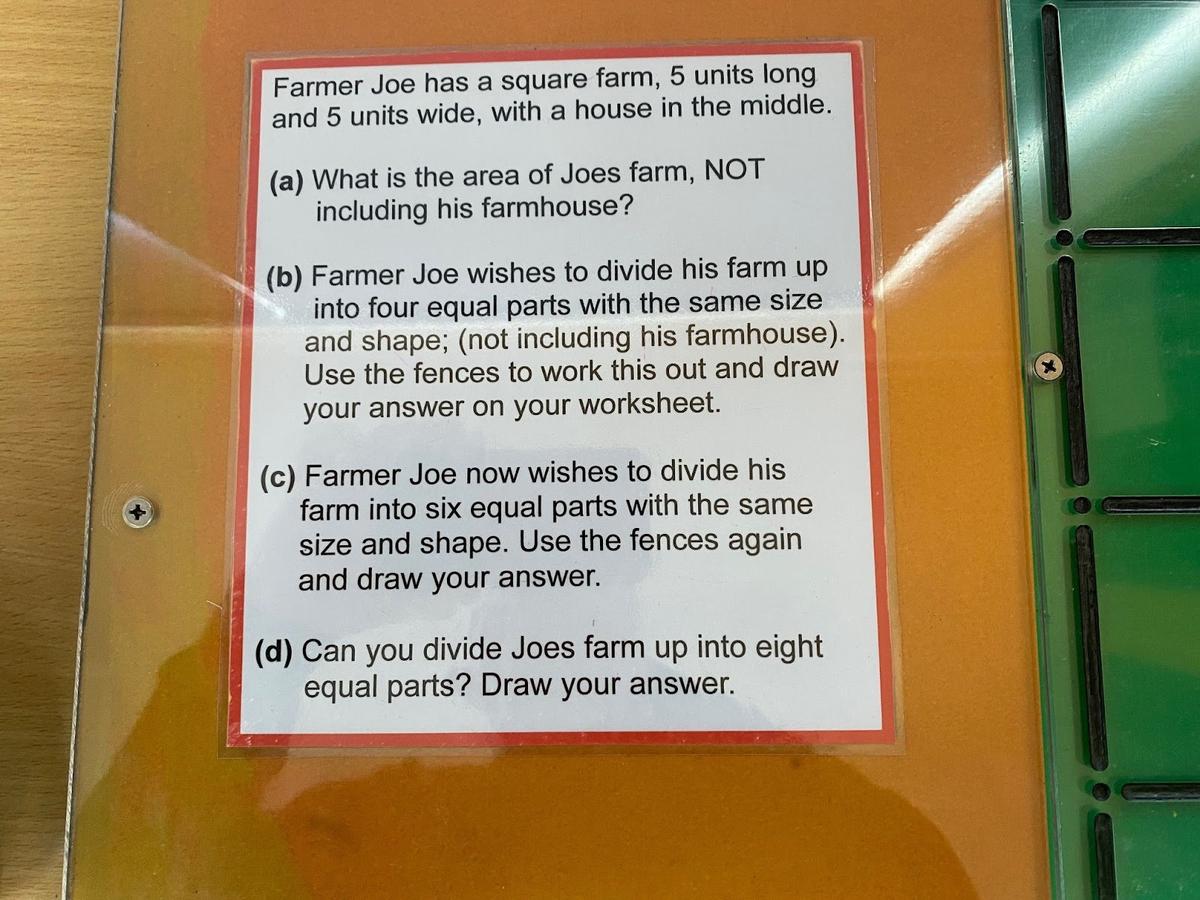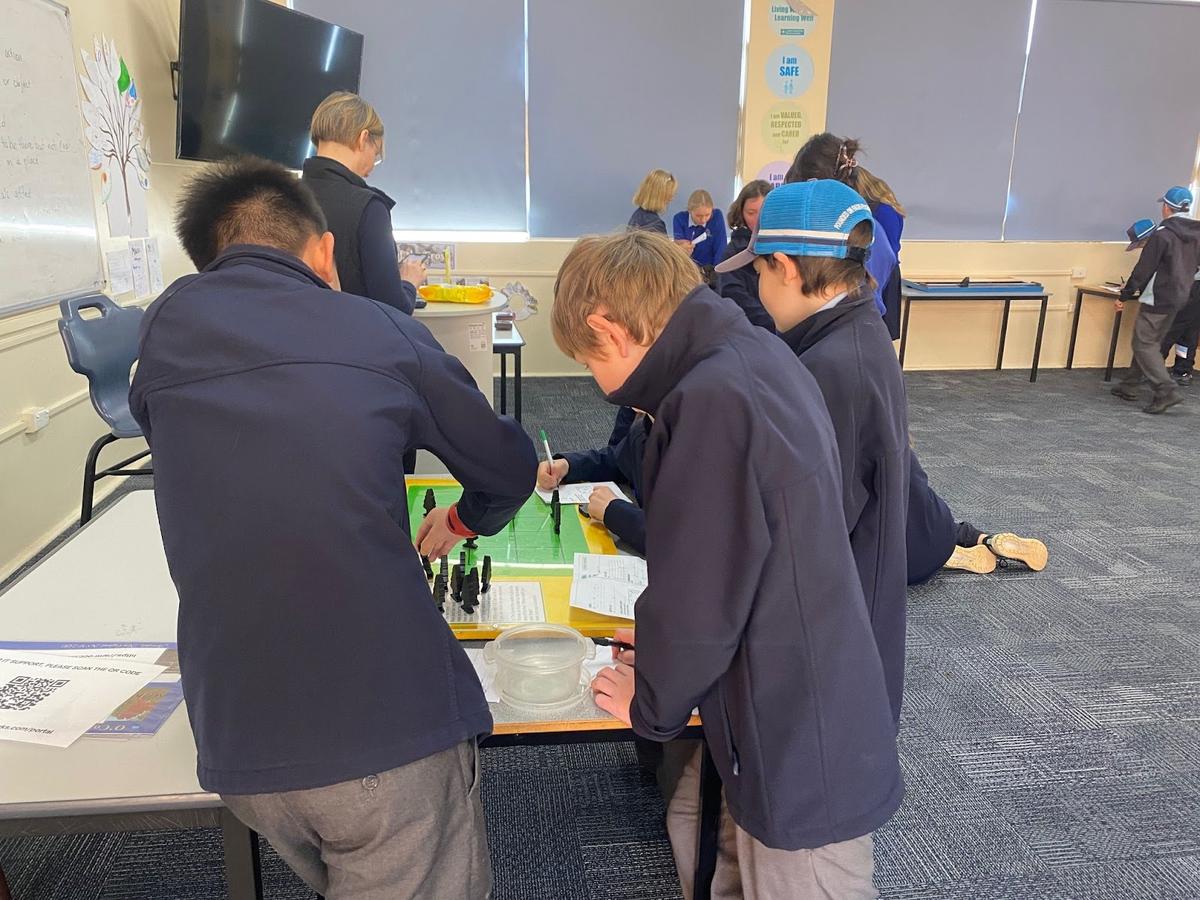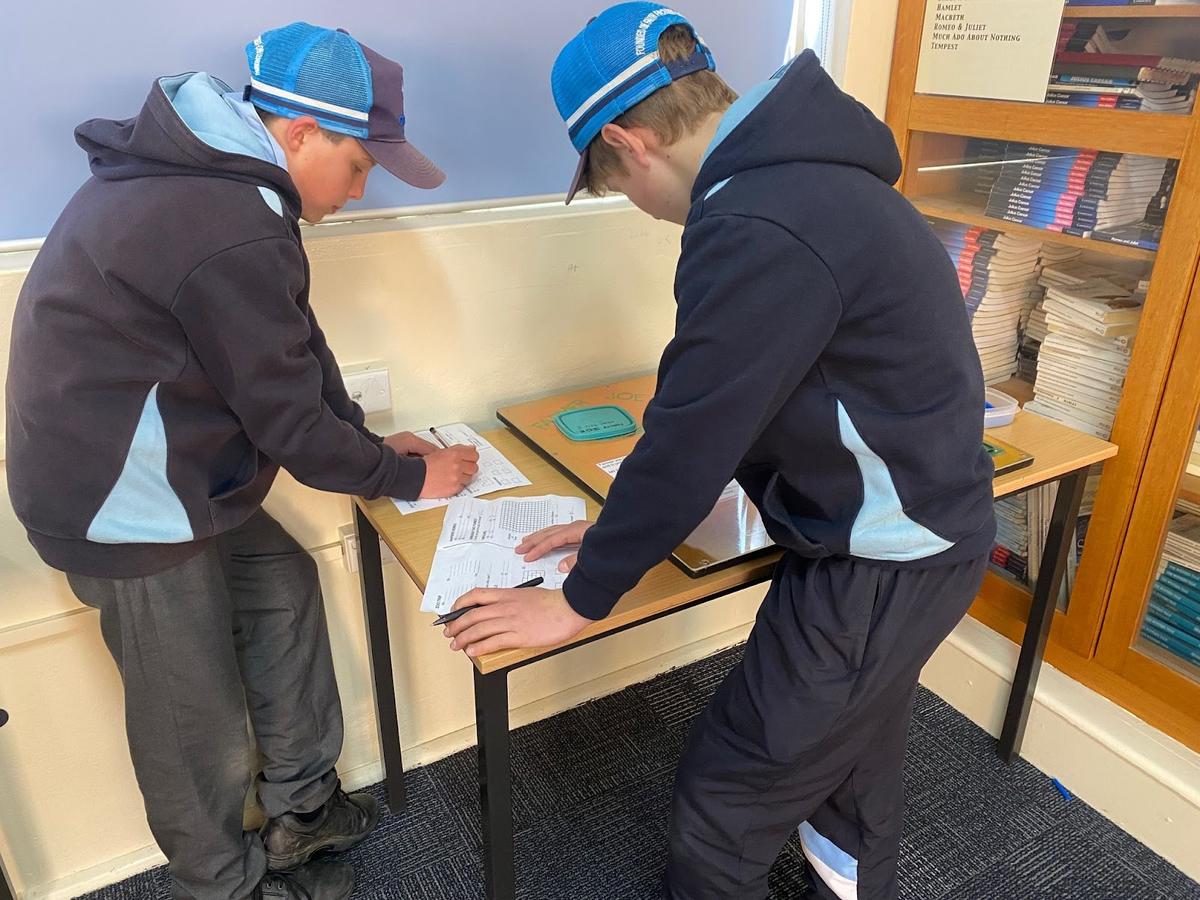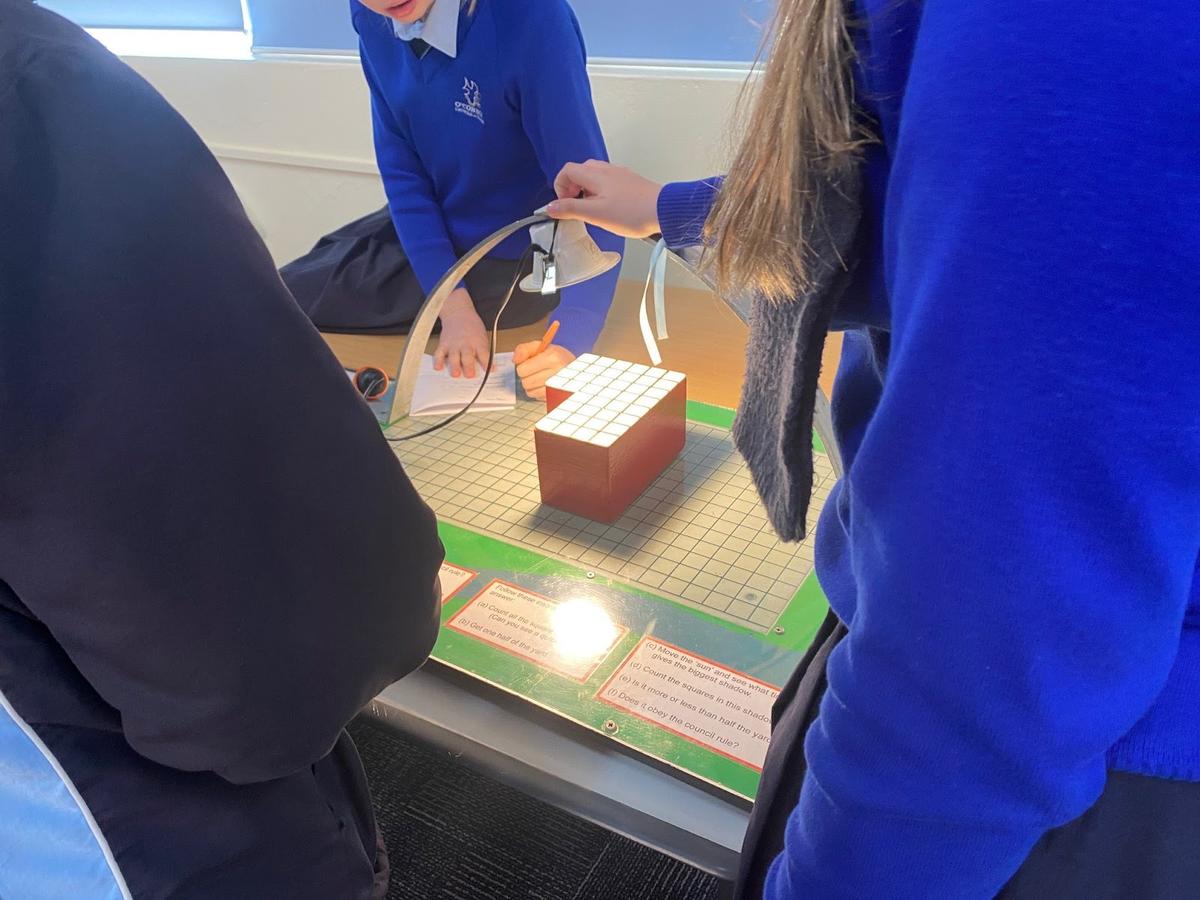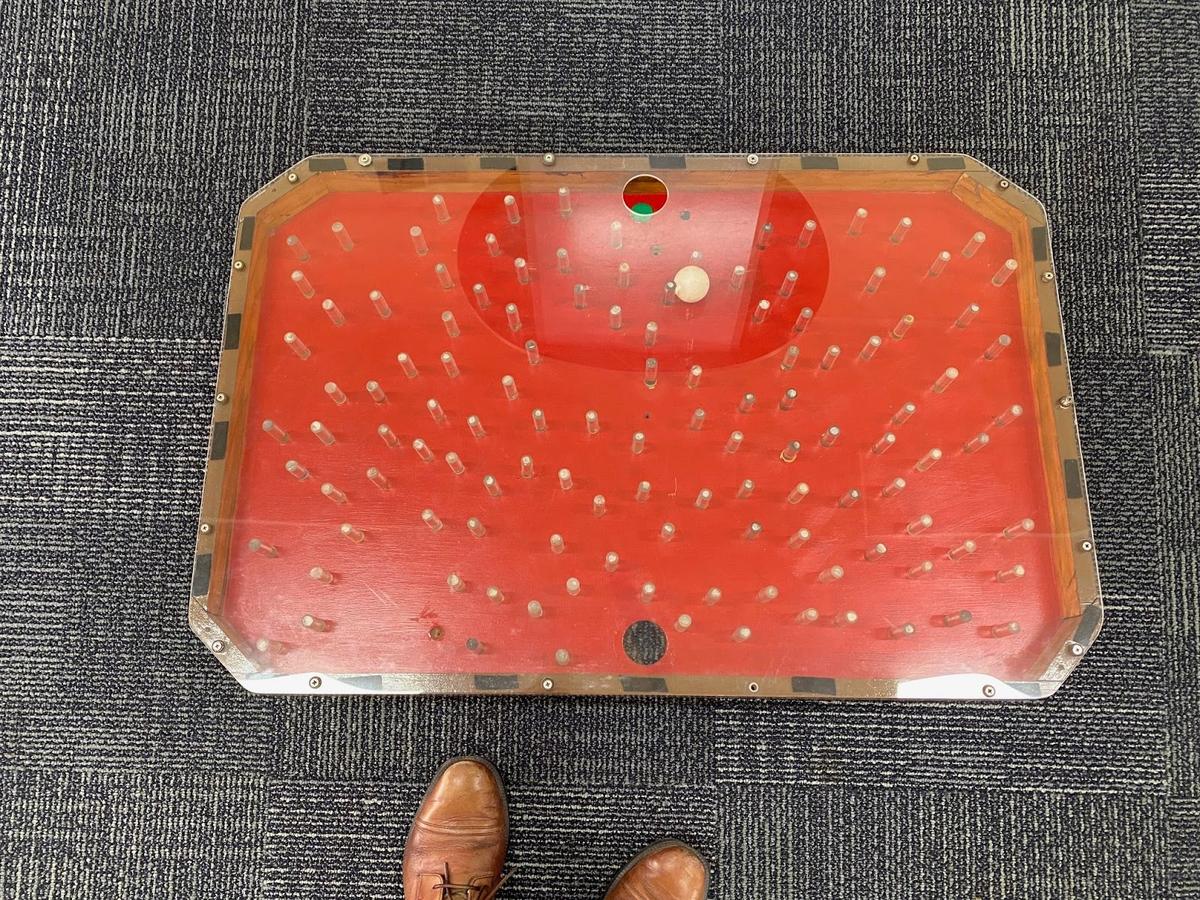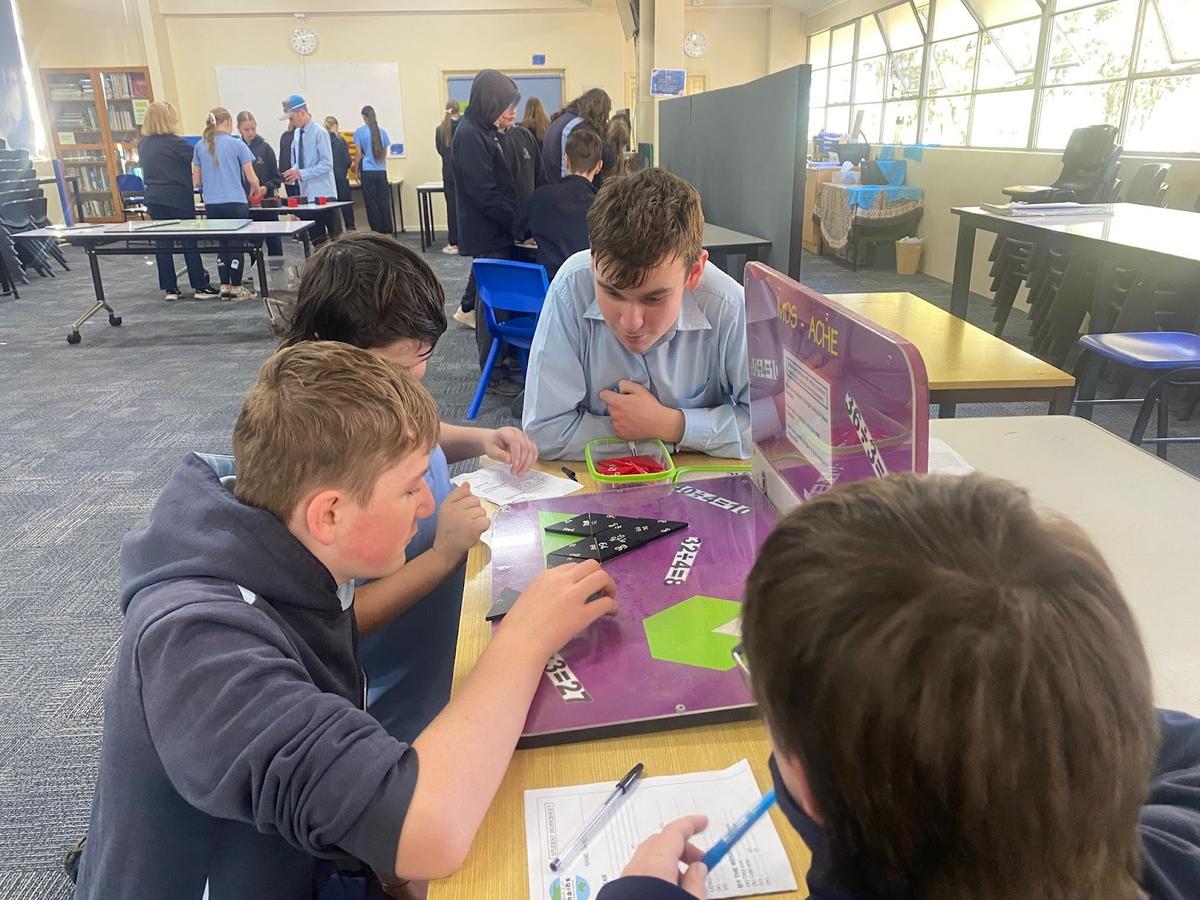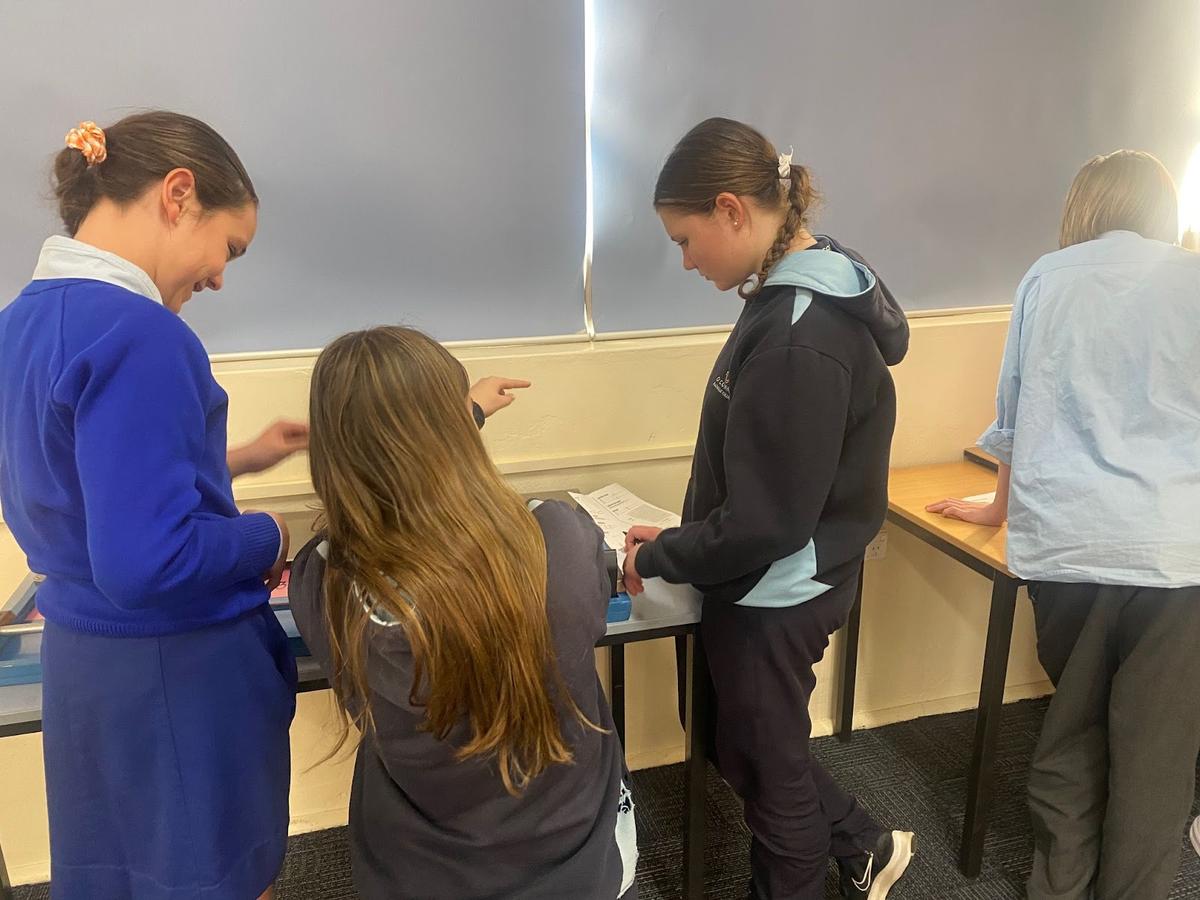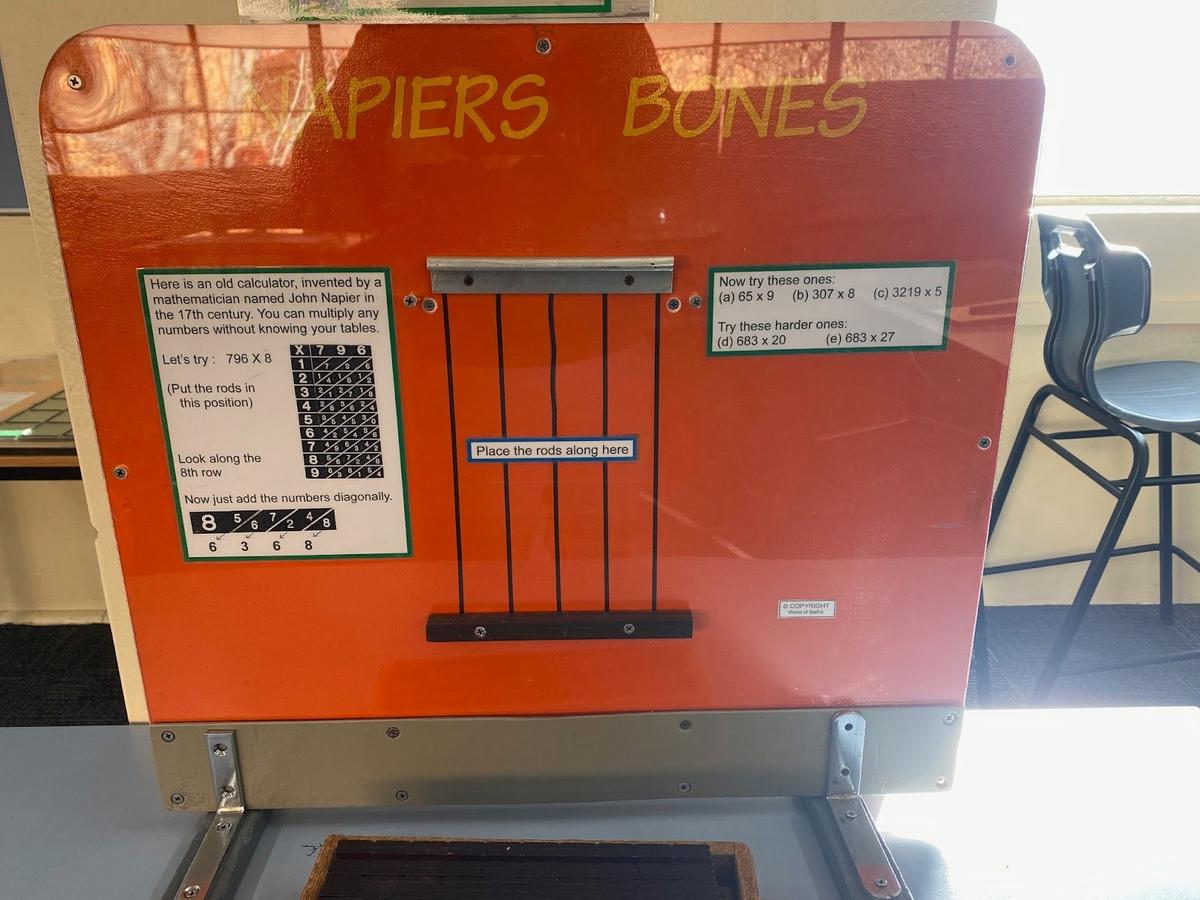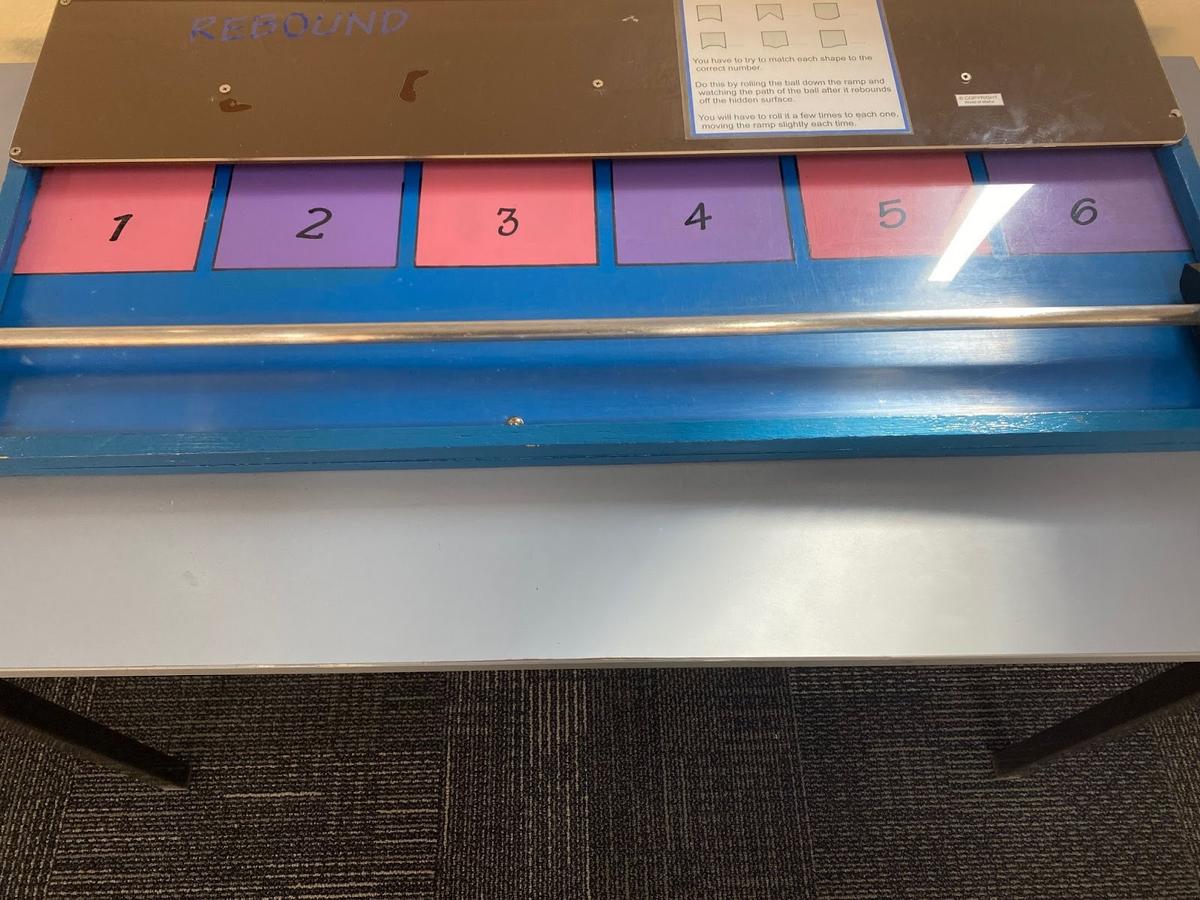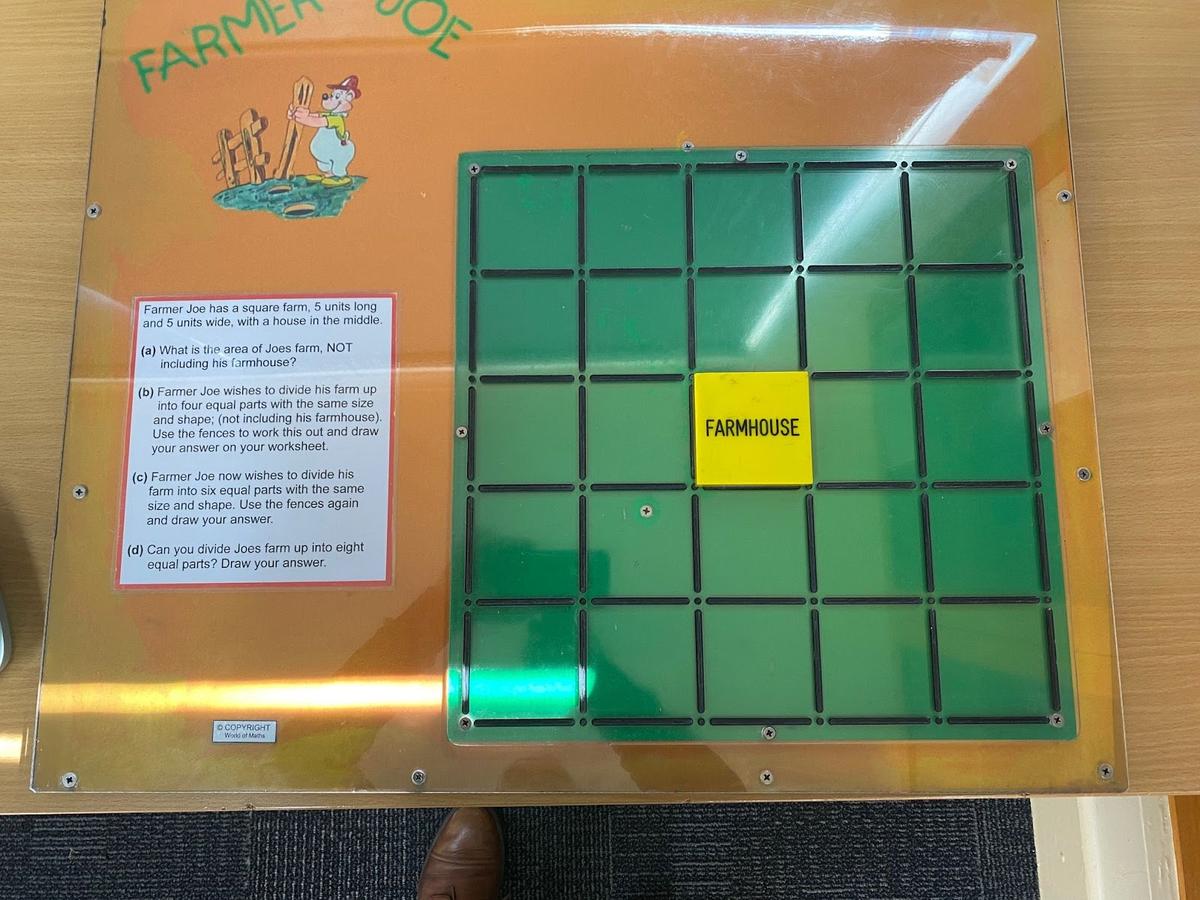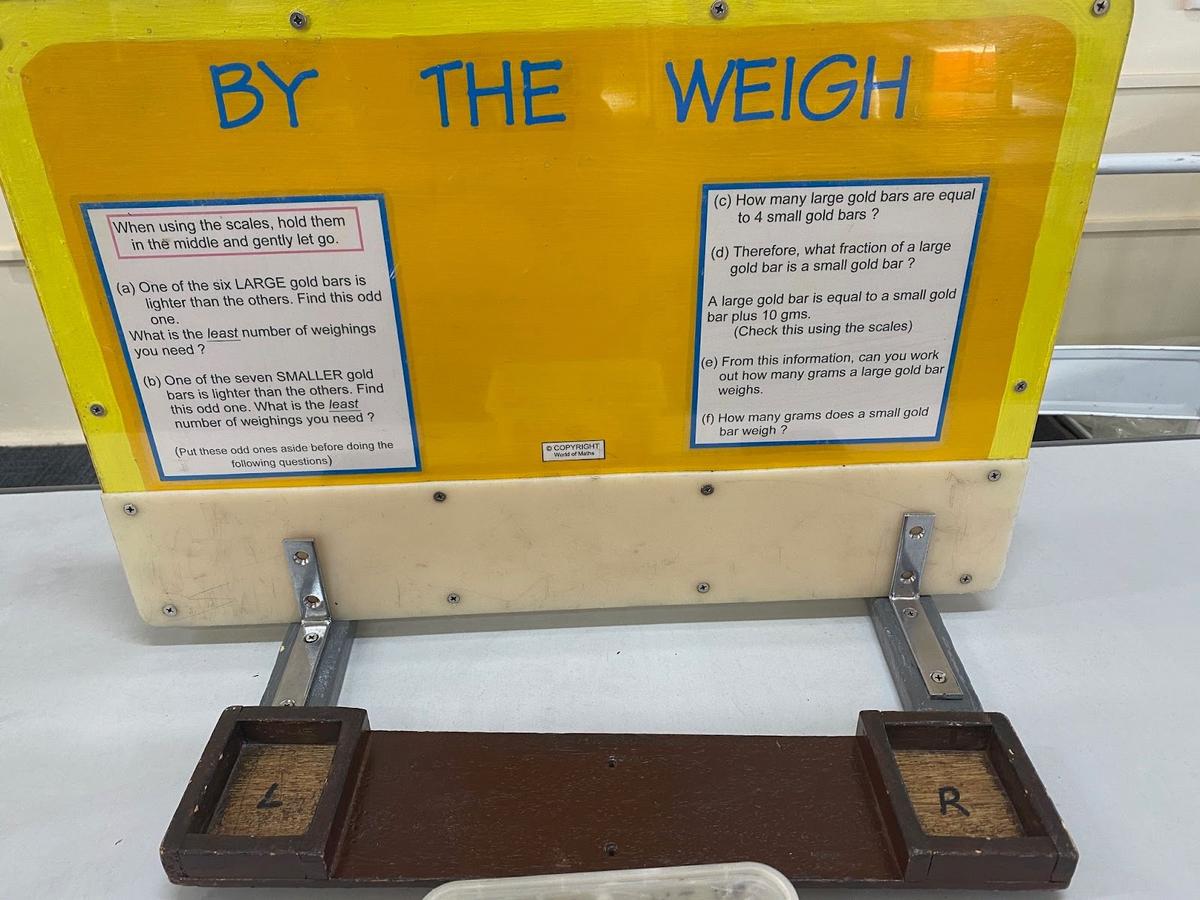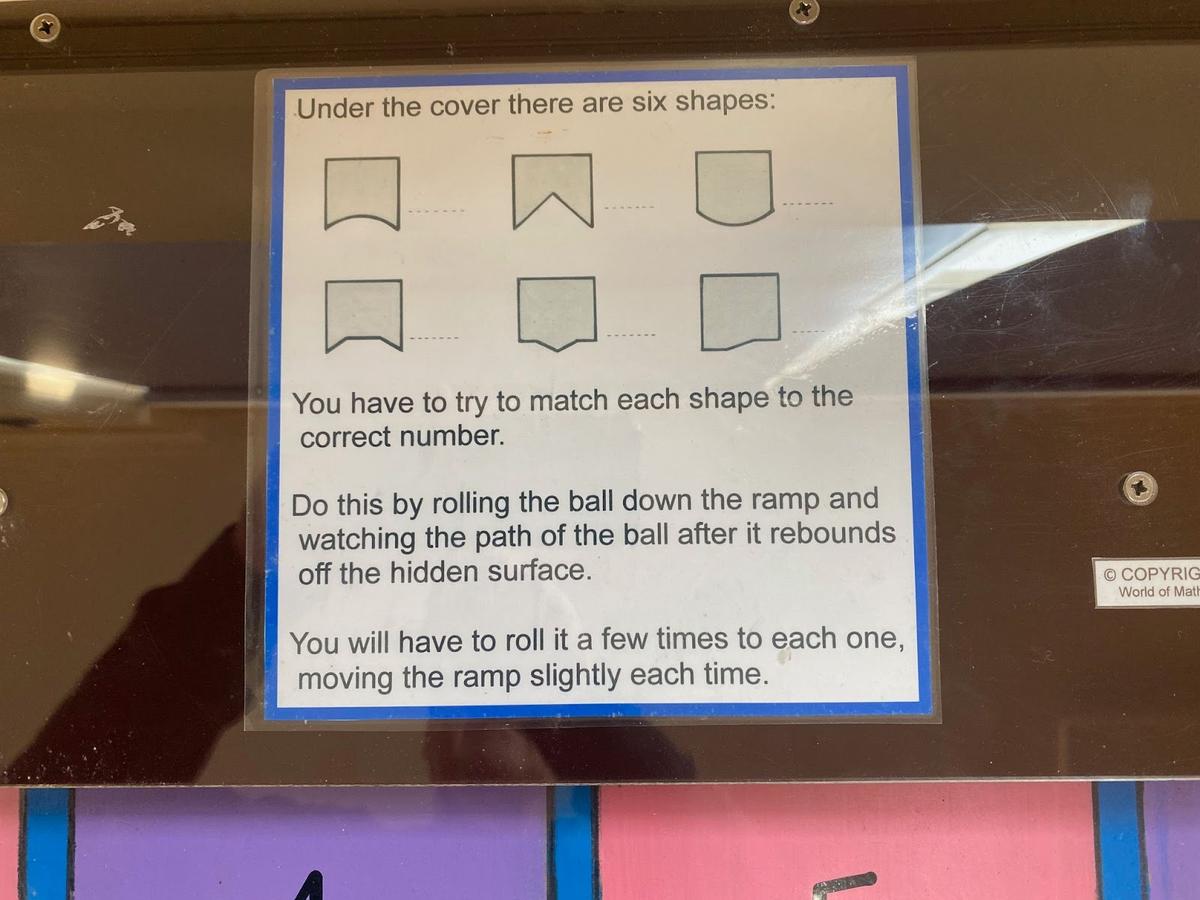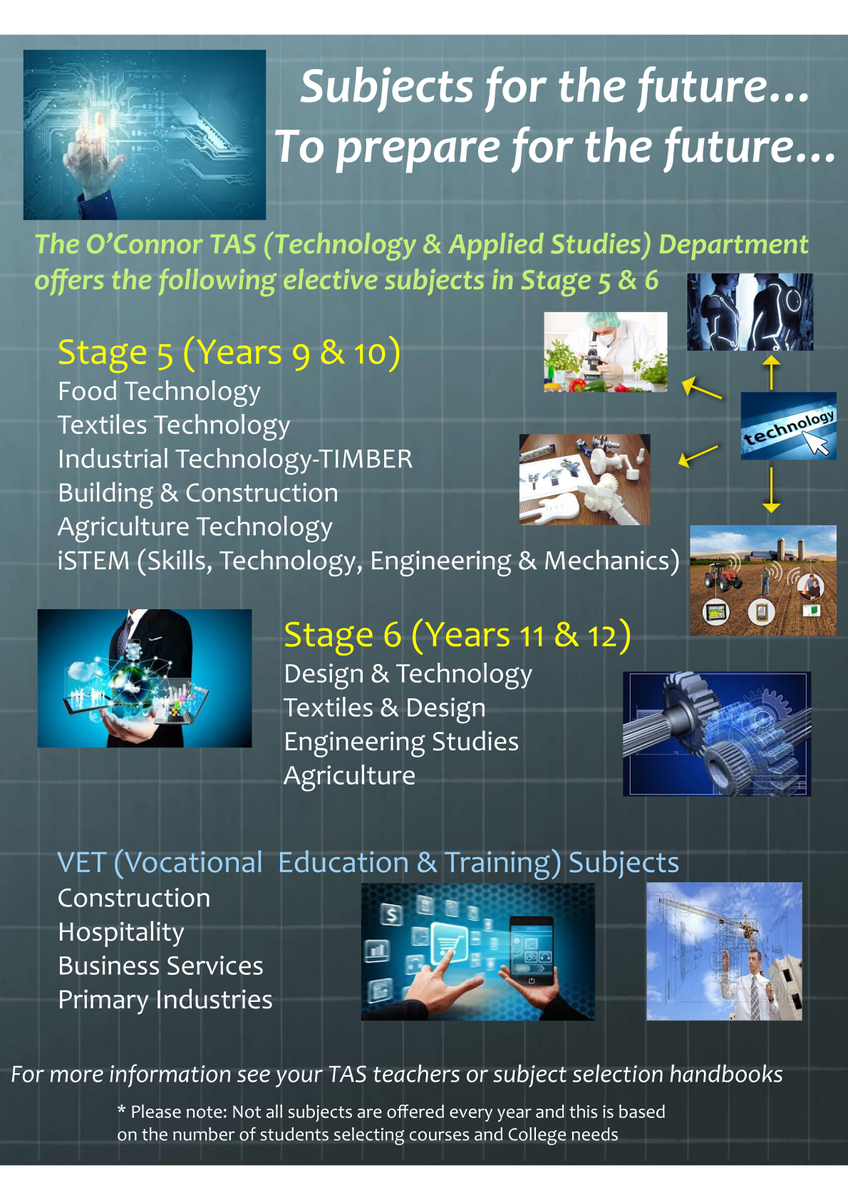KLA News
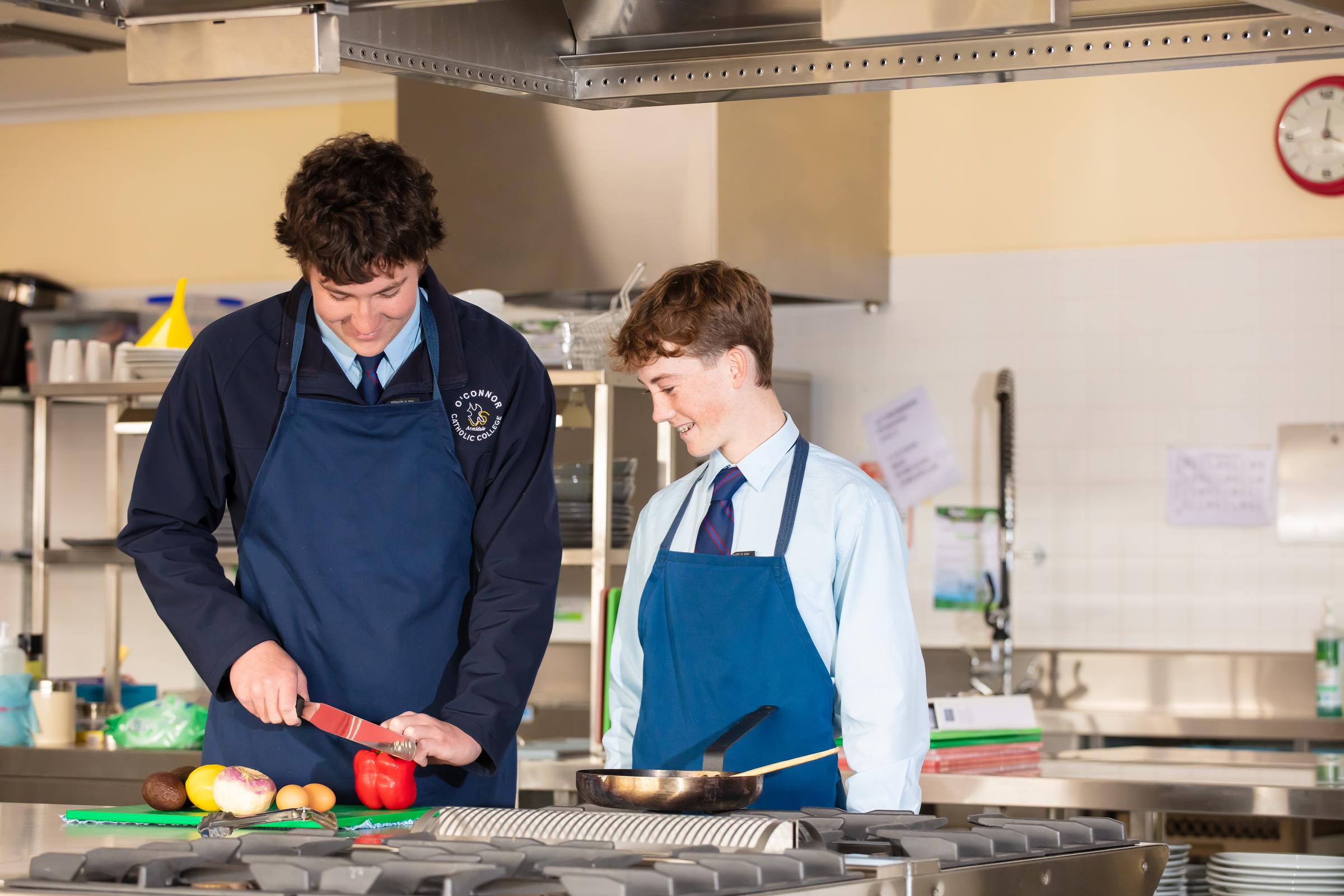
PDHPE
This Term the PDHPE Team welcome’s Mr Matthew Griffin to the Department. Matthew joins us from the Educational Support Team at the College to offer specialised student support in our area. Matthew brings with him a passion for all sports, with specialist knowledge and a personal background in Soccer and Weightlifting. Matthew is also one of our Aboriginal Education Teachers at the College, we are looking forward to integrating his local and cultural knowledge into all of our subjects. A warm welcome to Matthew in his new role, we are looking forward to working alongside of you!
During Week 1 this term the Year 10 Child Studies class experienced Matthew’s knowledge first hand. This term the class is studying the unit Children and Culture. Matthew offered cultural knowledge and understanding to this group in a very informative Yarning Circle experience. Pictured below is the class’s first hand experience of a Yarning Circle:
Upon return to Term 3, students have made a very settled start to the Term.
Our students in the PDHPE Department have started to study the following units:
Year 7 PDHPE - Turn Around a Put Down and Jump to the Beat
Year 8 PDHPE - Did You Know and Jump to the Beat
Year 9 PDHPE - RUOK and International Games
Year 10 PDHPE - The Party and Invasion Games
9 PASS - Issues in Sport and Physical Activity
10 PASS - Fuel for Performance
9 Child Studies - Child’s Play
10 Child Studies - Children and Culture
11 PDHPE - Better Health for Individuals
11 CAFS - Families and Communities
12 SLR - Athletics and Revision for Trial Exams
12 CAFS - Social Impact of Technology
12 PDHPE - Improving Performance
Our Department looks forward to welcoming you to the College during Weeks 2 and 3 for Parent/Student/Teacher Conferences to discuss your child’s progress in our subject area.
Miss Camilla Clydsdale
Leader of Learning, PDHPE
HSIE
In the last five weeks of term two, students in year 8 learnt about Aztec civilisation before the conquest of what is now South America by Spanish conquistadors. We focussed on the lives of children and teenagers in our learning, then the students wrote a letter to themselves from their equivalent ‘Aztec self’.
For this newsletter, Arlia and Tyler have provided some information about the Aztec civilisation, then there are some examples of the letters from students.
Who were the Aztecs?
The Aztecs, or Mexica as they called themselves were a remarkable civilisation that flourished from the 14th to the 16th centuries.
Their grand city was Tenochtitlan, which rose from the waters, connected to the mainland by raised causeways, bustling with life and energy. Temples dedicated to their gods pierced the sky, their stone steps were carved with intricate designs telling stories of creation and conquest. Aztecs were very religious people, they worshipped many multiple gods.
They faced constant warfare with neighbouring city-states, expanding their influence through military might and alliances. At its peak, the Aztec Empire stretched from the Gulf of Mexico to the Pacific Ocean, a testament to their power and ambition.
The legacy of the Aztecs endures in the ruins of their temples, the stories of their bravery, and the richness of their culture. Today, their descendants preserve their traditions and language, keeping alive the memory of a civilization that rose from humble beginnings to build one of the most magnificent cities of its time.
As we gaze upon the remnants of their world, we are reminded of the Aztecs' resilience, creativity, and indomitable spirit. They were more than conquerors; they were architects of a vibrant civilization that continues to captivate and inspire us today. - Arlia
The Aztecs were a fascinating civilization with many unique aspects to their society. The Spanish created codices, which were colourful books made of deer skin or bark paper, filled with drawings that recorded aspects of the history, religion, and everyday life of the Aztecs. Punishments for crimes were often harsh, with penalties ranging from fines to death. Children had specific jobs: boys helped with farming and fishing, while girls learned to cook and weave. Their diet was mainly based on maize, and the portions of tortillas they ate depended on their age and social status.
One of the most intense parts of their culture was human sacrifice, which they believed was necessary to keep their gods happy and the world in balance. Victims, usually captured from wars, were sacrificed during important ceremonies. The Aztecs worshipped many gods, like Huitzilopochtli, the god of war and the sun, and Tlaloc, the god of rain. They built grand temples and held many rituals to honour these gods and ensure their favour. - Tyler
Mrs Cherie Stoessel
Leader of Learning, HSIE
CAPA
Major Works
Our year 12 students are busy in the final stages of finishing their major works. We have a range of different projects this year in Visual Arts, Drama and Music including; ceramics, paintings, films, monologues, set designs, music compositions and performances. These works will be due to NESA from week 7.
We will be holding a showcase night in Week 4 displaying and performing some of these drama and music projects.
AMEB Exams
Wishing all our students completing AMEB (Australian Music Examination Board) exams over the next couple of weeks the best of luck.
Artist of the Month
Congratulations to Jemma Humphreys who is this month's recipient of the Artist of the Month. Jemma’s artwork is currently on display at the front office.
New England Sings!
New England Sings! is a biannual event involving schools all across the New England and North West. This event has over 800 students involved in the combined schools choir. This year students will be learning works from Kate Miller-Heidke. The final performance will occur Sunday 27thh of October. We are looking for students to be involved in this event. Please see Mrs Hughes or Miss Sampson for more details.
Ms Melanie Sampson
Leader of Learning, CAPA
English
Year 7
Year 7 English begin Term 3 with their new unit, ‘Capturing Human Experiences in the Media’ which provides them with the opportunity to engage with non-fiction texts about the many different experiences that people have in the world. Students began with examining the types of different non-fiction texts; memoir, biography and journalism. This has allowed students to consider how they would create a memoir that reflects their own experiences.
Some classes have been exploring the graphic adaptation of ‘A Diary of Anne Frank’, which has allowed them to explore the impact of World War Two. During this time, students have been learning about salience and symbolism in visual texts.
Year 8
Year 8 English have started the term with their new unit ‘Capturing Australia’ which includes the study of Australian Poets and how their poems show different aspects of past and present Australia. The unit requires students to consider the world around them and how Australia and its issues are still changing and adapting to their lives.
Students from 8.4 have been analysing and deconstructing ‘The Man from Snowy River’ using the imagery which is written into the text and turning it into an image which gives them an understanding of the story Banjo Patterson is trying to convey.
Year 9
Year 9 English have begun their study of the unit, ‘If chance would have me King…” which is a depth study on the Shakespearean play Macbeth. Macbeth examines the flaws of vaulted ambition, considers consequences attached to actions and encourages students to explore guilt whilst set in the medieval Scotland environment.
Students from 9.4 have created visual representations that depict symbols attached to a night time and dark setting - encouraging them to consider how Shakespeare only had language to create a dark and creepy atmosphere in a theatre where the actors had to perform in the middle of the day!
Year 10
Year 10 English have begun their unit, ‘The Face Behind the Book’ which focuses on an author study of Neil Gaiman. Exploring a range of his short and longer compositions, such as ‘Click Clack Rattle Bag’ and ‘Coraline’. Students are exploring the distinctive qualities of Gaiman as a composer, for example, the types of techniques that he uses consistently throughout his work. Year 10 students were also presented with their first formal assessment task and will begin research and analysing a composer of their own choice.
Year 11
English Standard have begun their final unit ‘Module B - Close Study of Literature’ which focuses on the war poet Wilfred Owen and the three specific poems ‘Anthem for Doomed Youth, Dulce et Decorum est and Futility’ The students began the unit identifying techniques they knew and could explain, this included creating a visual interpretation of a few lines in the poem to show the picture that is created inside their minds.
Over the last few lessons the students have been learning about and understanding what it meant to be a young man in the first world war plus the truths and trials that came with the job. After the students created poems that were required to include a strong sense of imagery to transport their reader into the battlefield and the war.
Maths
What a wonderful start to the term we have had in the Mathematics KLA.
All students, teachers and classes have settled back into a consistent routine and are working well.
On Wednesday, week 1, we hosted a “World of Maths” workshop at O’Connor for the first time.
All students in Year 7 and 8 (and some in Year 10) had the opportunity to attend and work in small groups to collaborate and apply their knowledge of Mathematics and problem solving skills across an array of different practical real world challenges.
I share some photos below:
TAS
It's that time of the year again when students start to look at what subjects they will choose for next year. In the Technologies area at O'Connor, we offer a diverse range of electives for years 9 & 10 and a number of HSC courses for Yr 11 & 12.
Please take a look at the poster attached and look out for the Subject Selection websites that will be forwarded to parents in the next few weeks. Another avenue is to contact your child's teacher or myself for more information.
Mr Jon Hawthorne
Leader of Learning, TAS
Science
Dear Parents, Guardians, and Students,
As Term 3 unfolds, we're thrilled to introduce our students to a world of exciting scientific topics. Each year level has embarked on a unique journey, diving into areas of study that will not only broaden their knowledge but also inspire them to think critically about the world around them. In this newsletter, we'll provide an overview of what each year group will be exploring this term and the exciting learning opportunities that lie ahead.
Year 7: Water Treatment and Purification
Our Year 7 students are starting their scientific journey by exploring the vital topic of water treatment and purification. They’ll be learning about the importance of clean water, how water treatment plants operate, and the various methods used to ensure that our water is safe to drink. This topic not only provides a foundation in environmental science but also highlights the significance of water conservation and responsible usage. Our students are on their way to becoming young environmentalists, equipped with knowledge that will empower them to contribute positively to the planet.
Year 8: Rockin' Science
Year 8 students are set to become geologists as they delve into the science of rocks and minerals. They will study the rock cycle, learn how rocks are transformed, and understand the importance of minerals and their uses in the everyday world. This topic will help them grasp the significance of geology and how we use Earth's materials matters in a sustainable future. The knowledge gained in this unit will inspire our students to make informed decisions and take actions that benefit both society and the environment.
Year 9: Uncovering Energy Efficiency
In Year 9, students will be tackling the critical issue of energy efficiency. They will explore different forms of energy, investigate how energy is used in everyday life, and learn about renewable energy sources. This topic will encourage them to think about how we can reduce energy consumption and develop more sustainable practices. With this understanding, our students are poised to become future innovators and engineers who will play a vital role in solving the energy challenges of tomorrow.
Year 10: The Fascinating World of Chemical Reactions
Year 10 students are diving into the intricate world of chemical reactions. They’ll be learning about the periodic table, the nature of chemical bonds, and how substances interact to form new products. Through hands-on experiments and investigations, students will gain a deeper understanding of the fundamental processes that govern chemistry. This topic lays the groundwork for further scientific studies and opens doors to a variety of future career paths in science and technology.
Year 11 and 12: Exam Preparation
As Year 12 students prepare to embark on their trial exams, they will be assessing the understanding they've developed over the past two years. This period will challenge their revision skills, serving as a crucial step toward their upcoming HSC exams. Meanwhile, Year 11 students are completing their courses and gearing up for their yearly exams. This will also test their revision abilities and provide valuable experience as they look ahead to their HSC exams next year. Both year levels are entering critical phases that will shape their academic futures and build their confidence for the challenges ahead. We wish them all the best of luck.
Mr Daniel Fittler
Leader of Learning, Science

